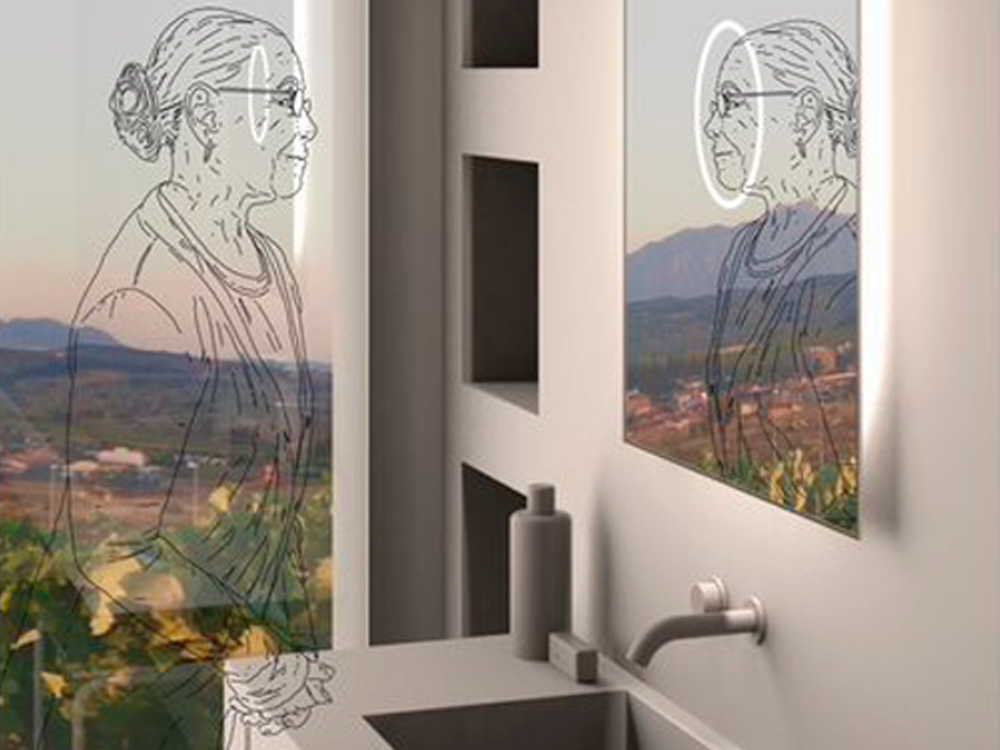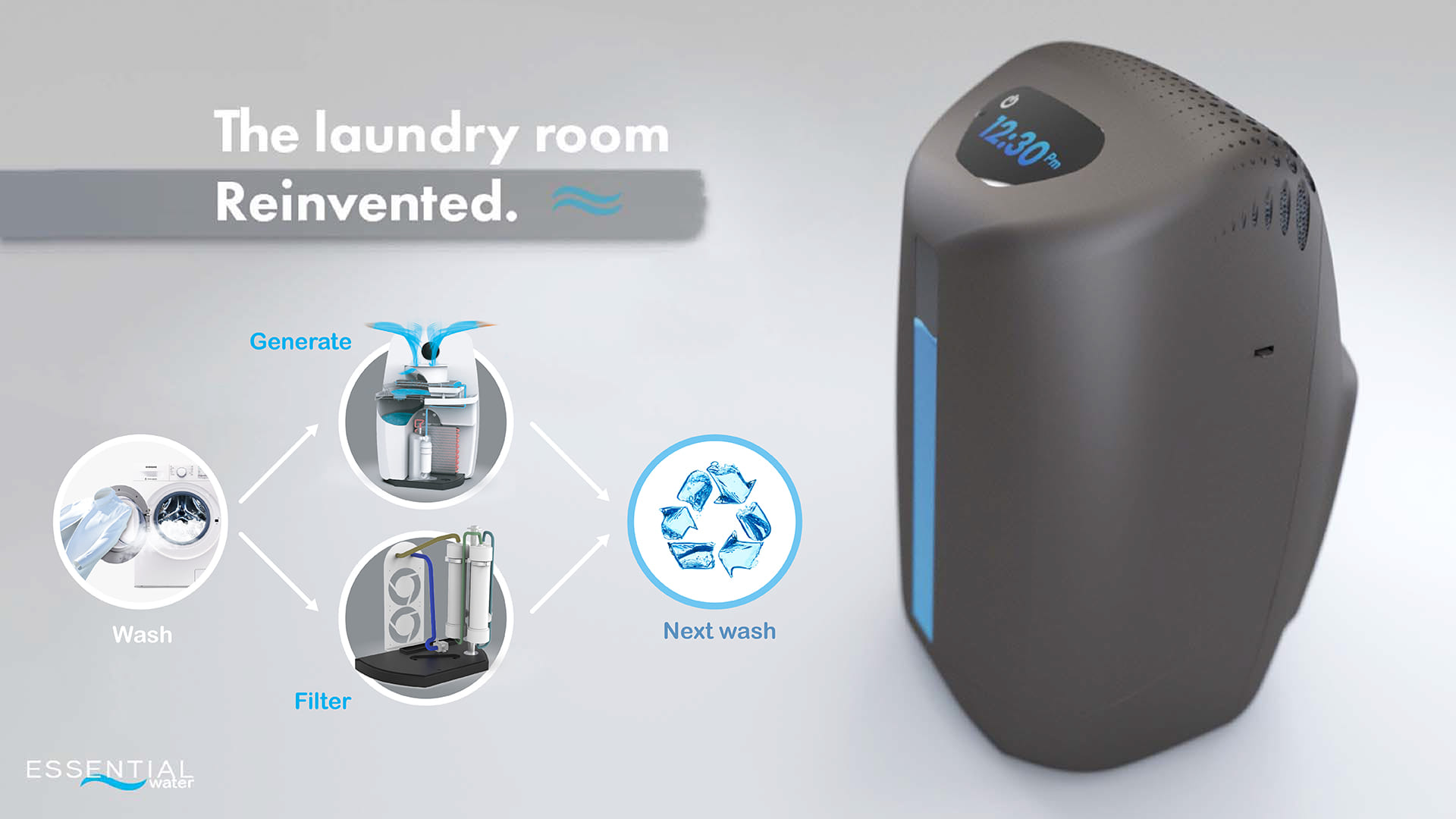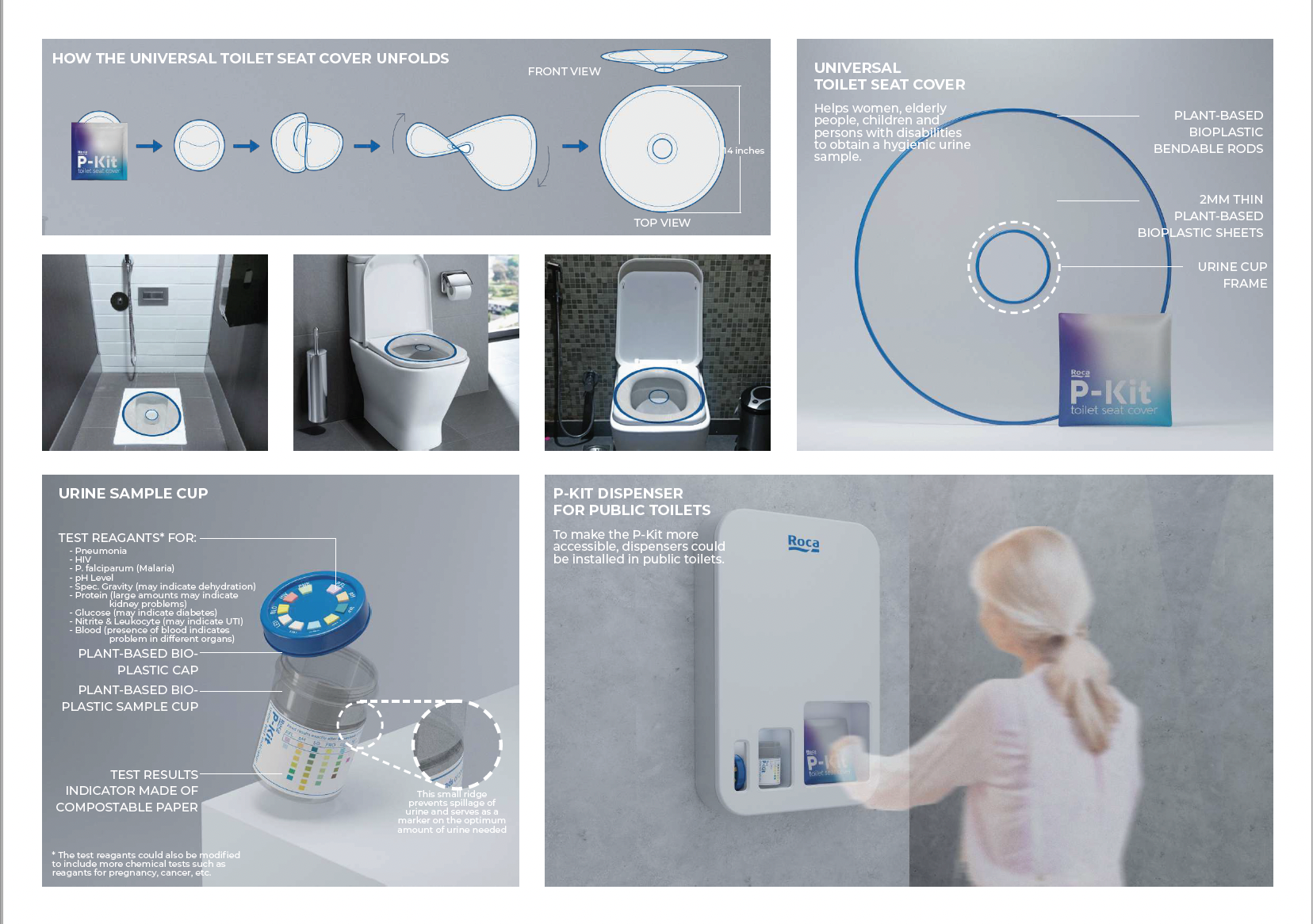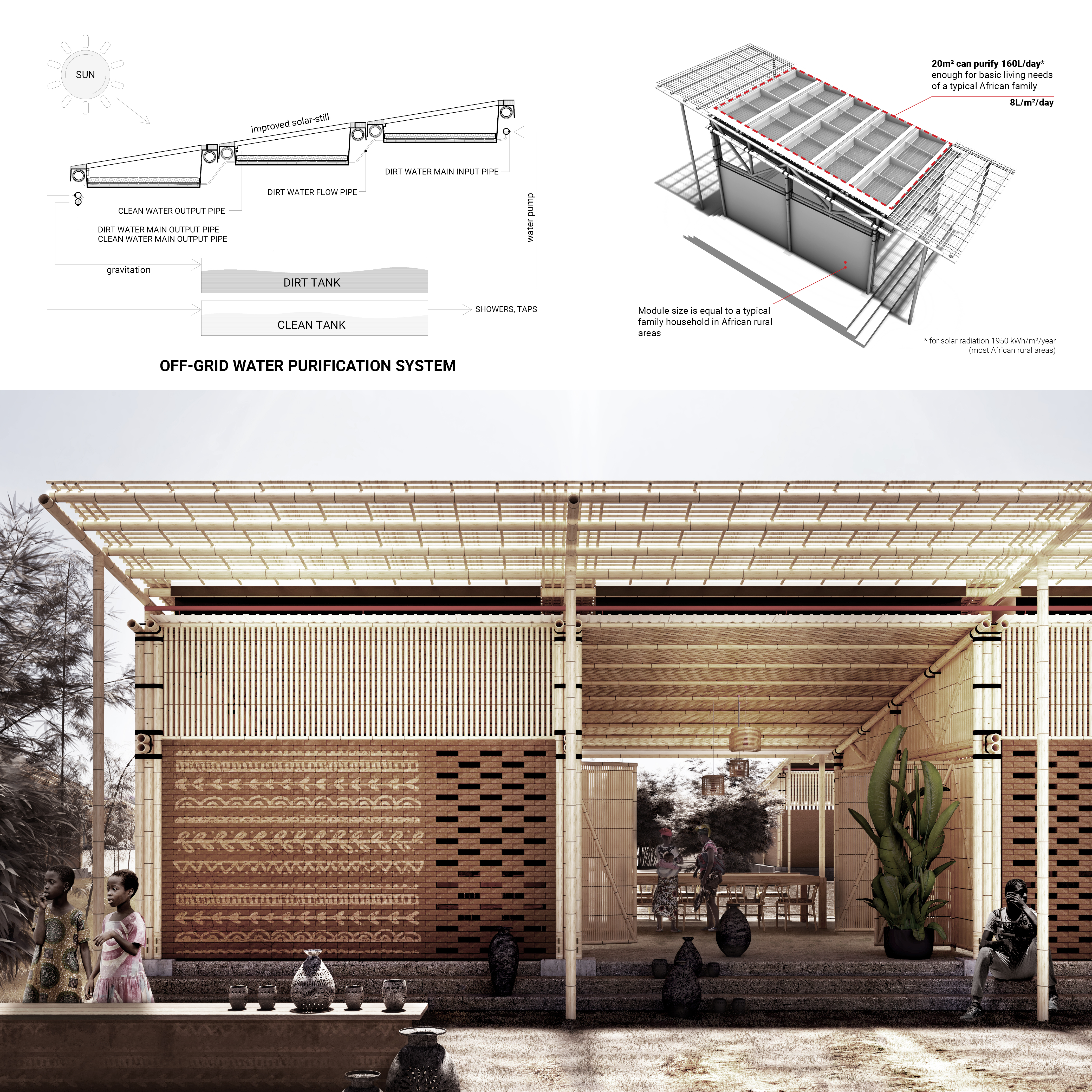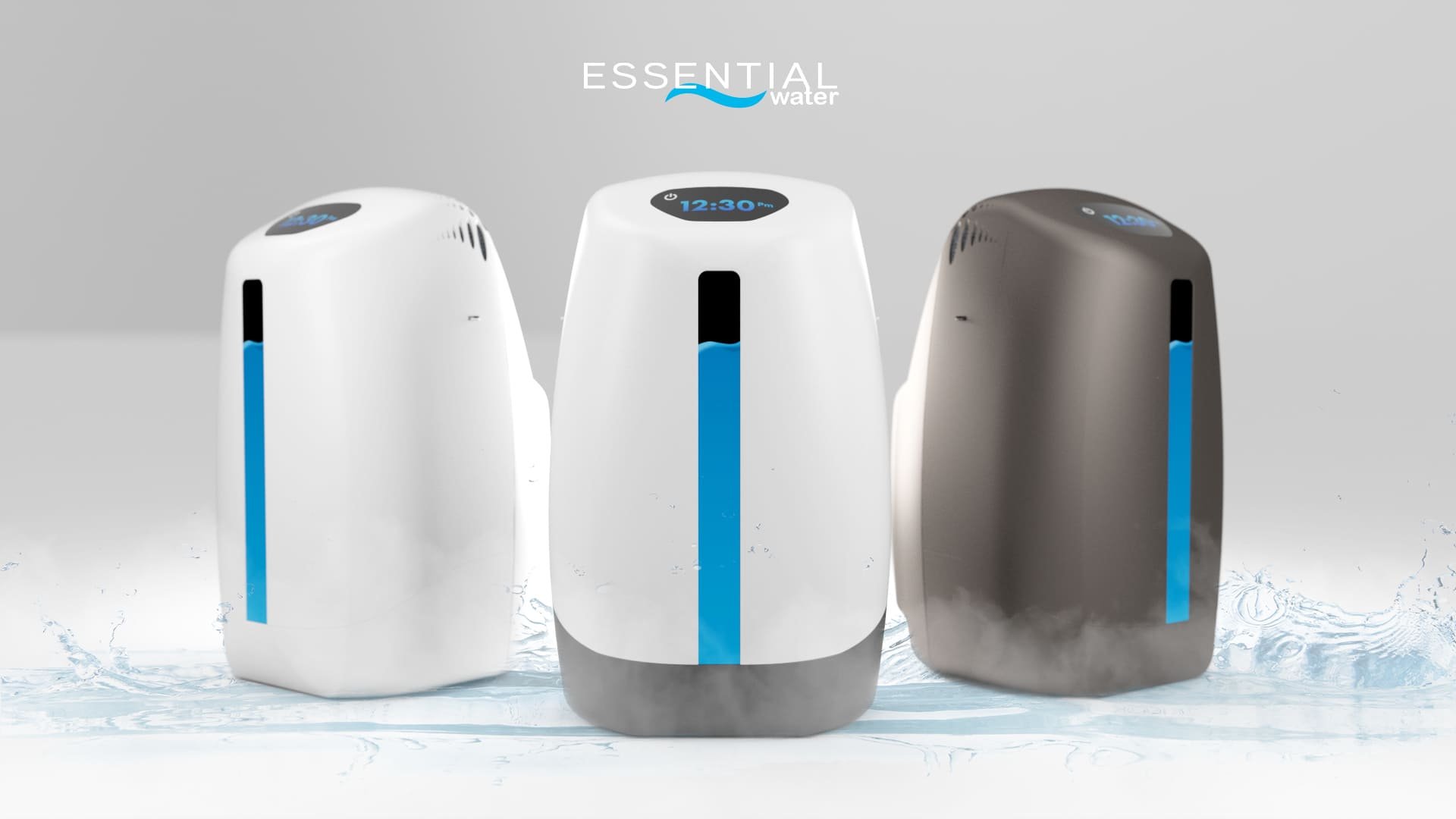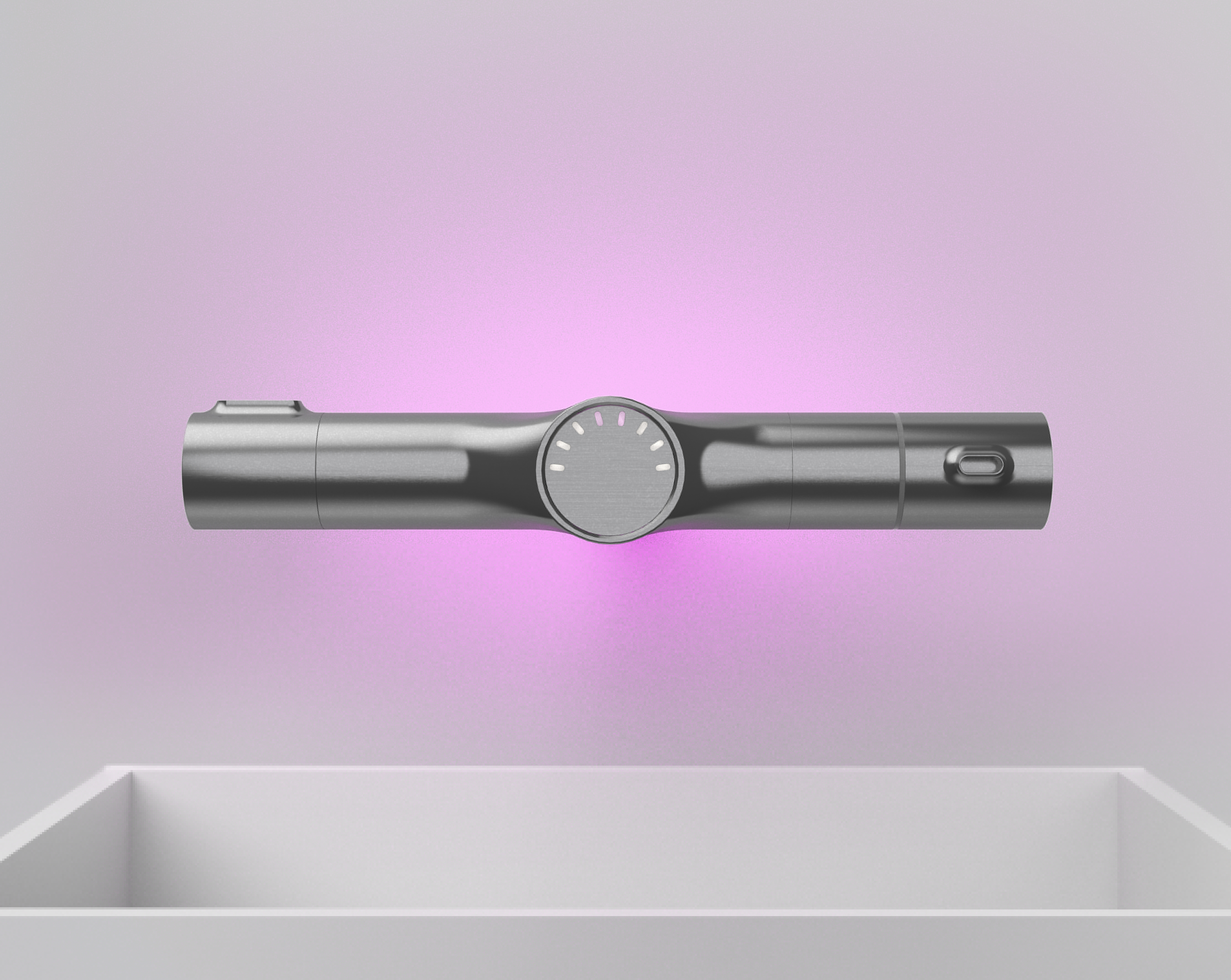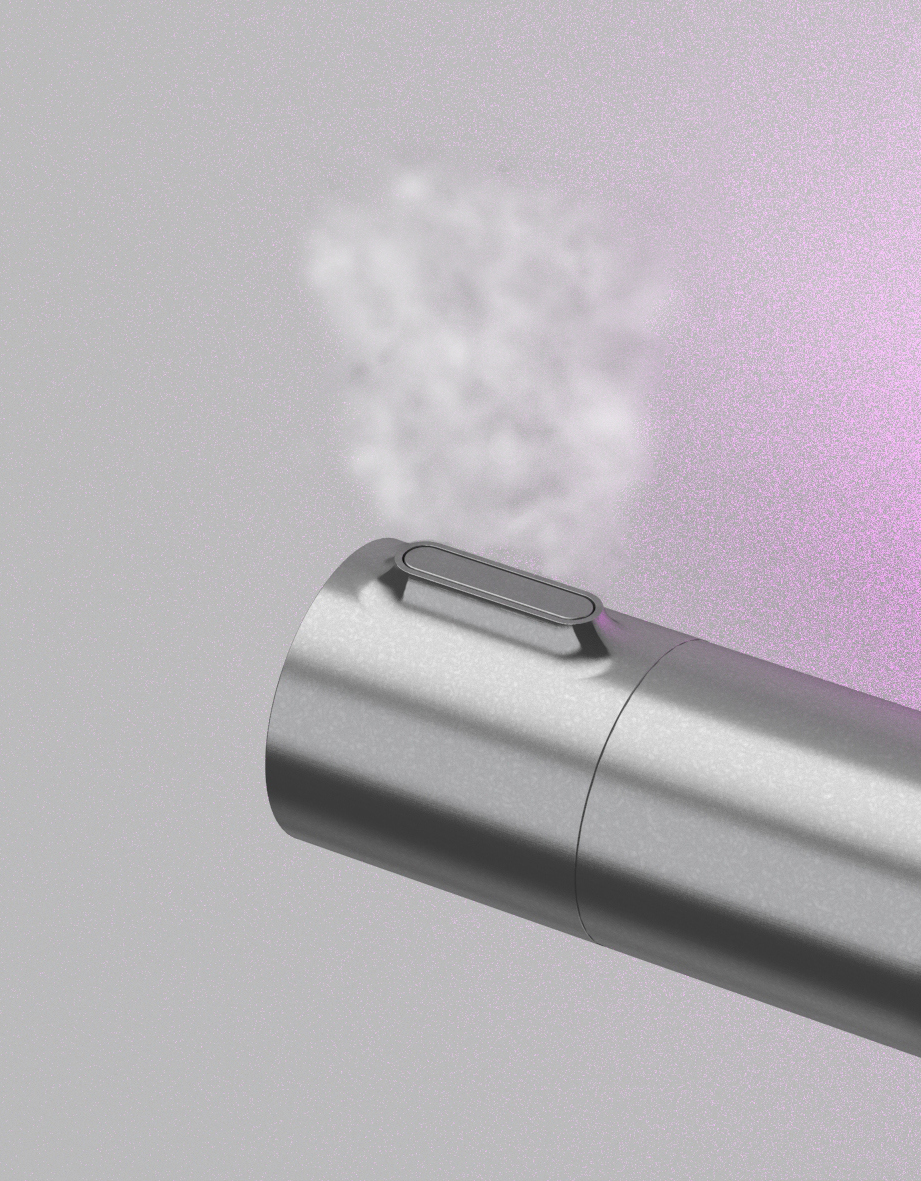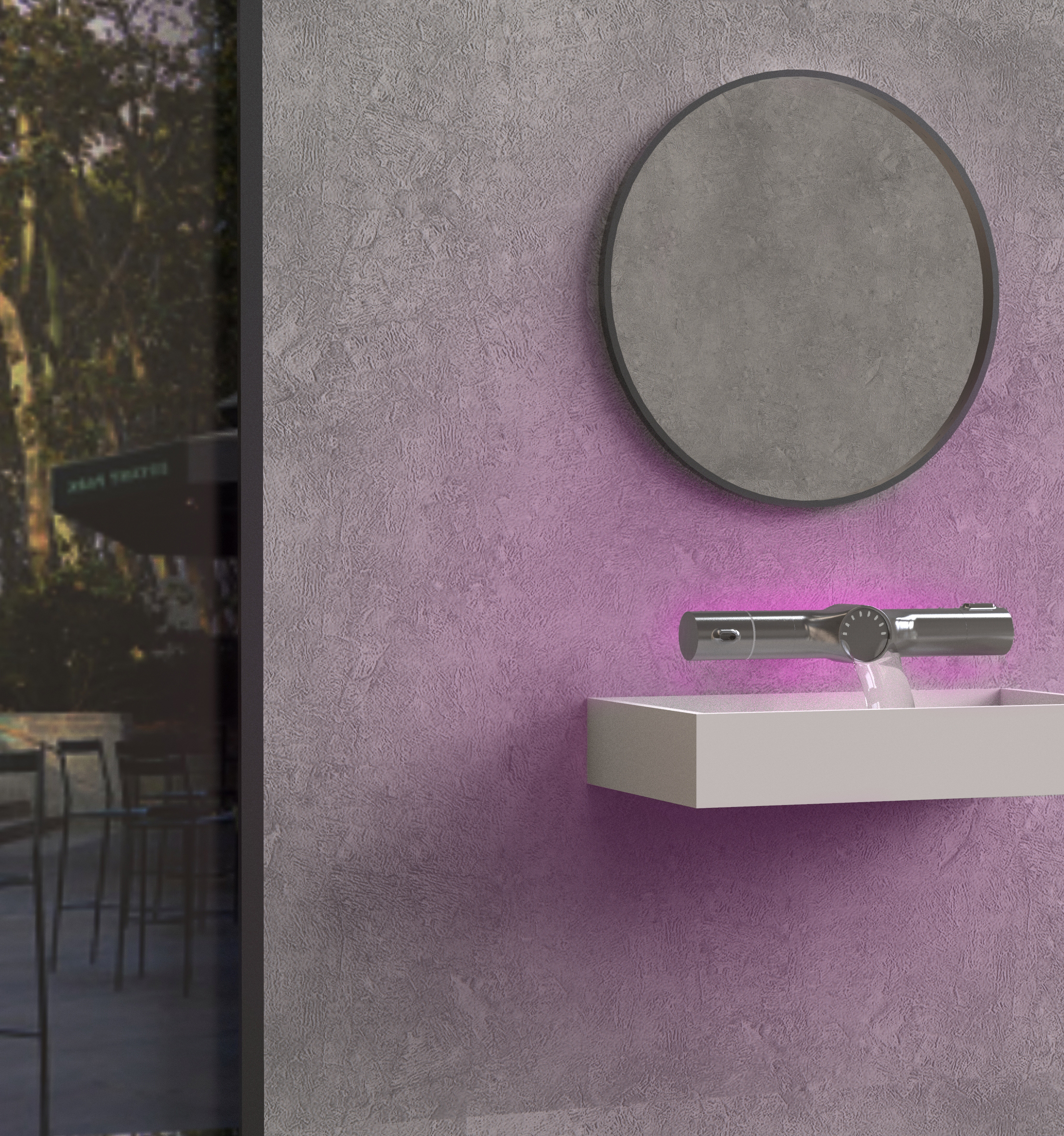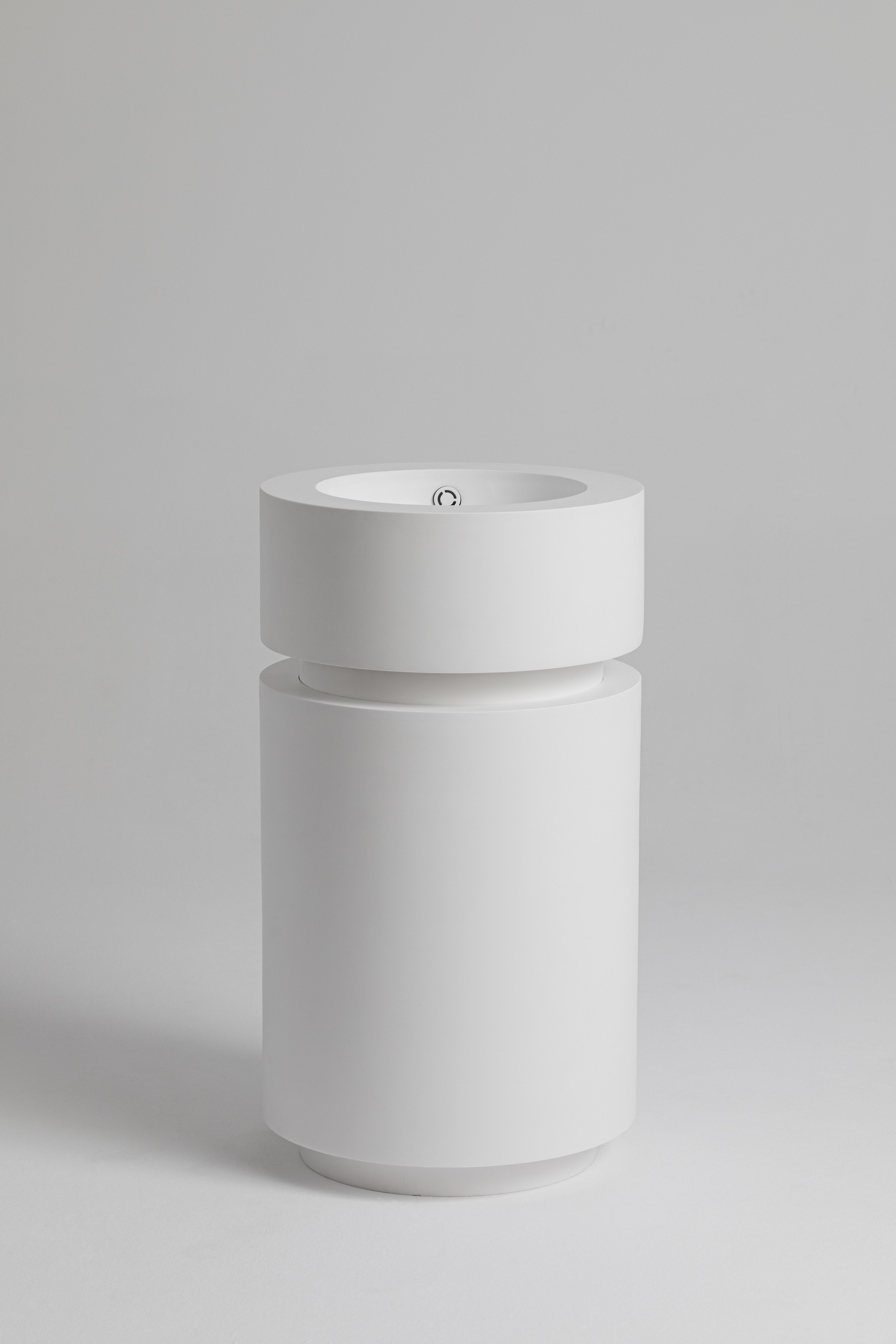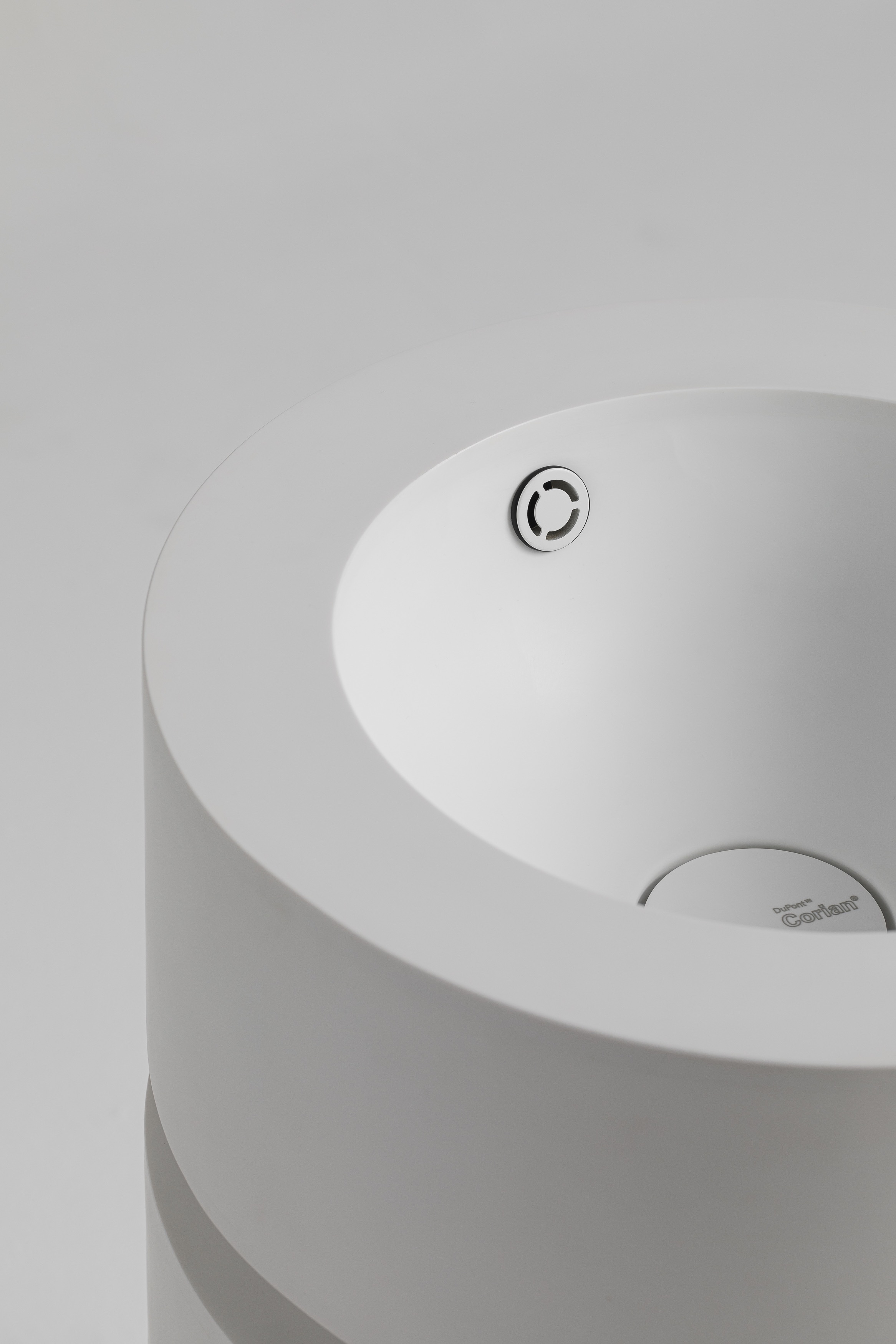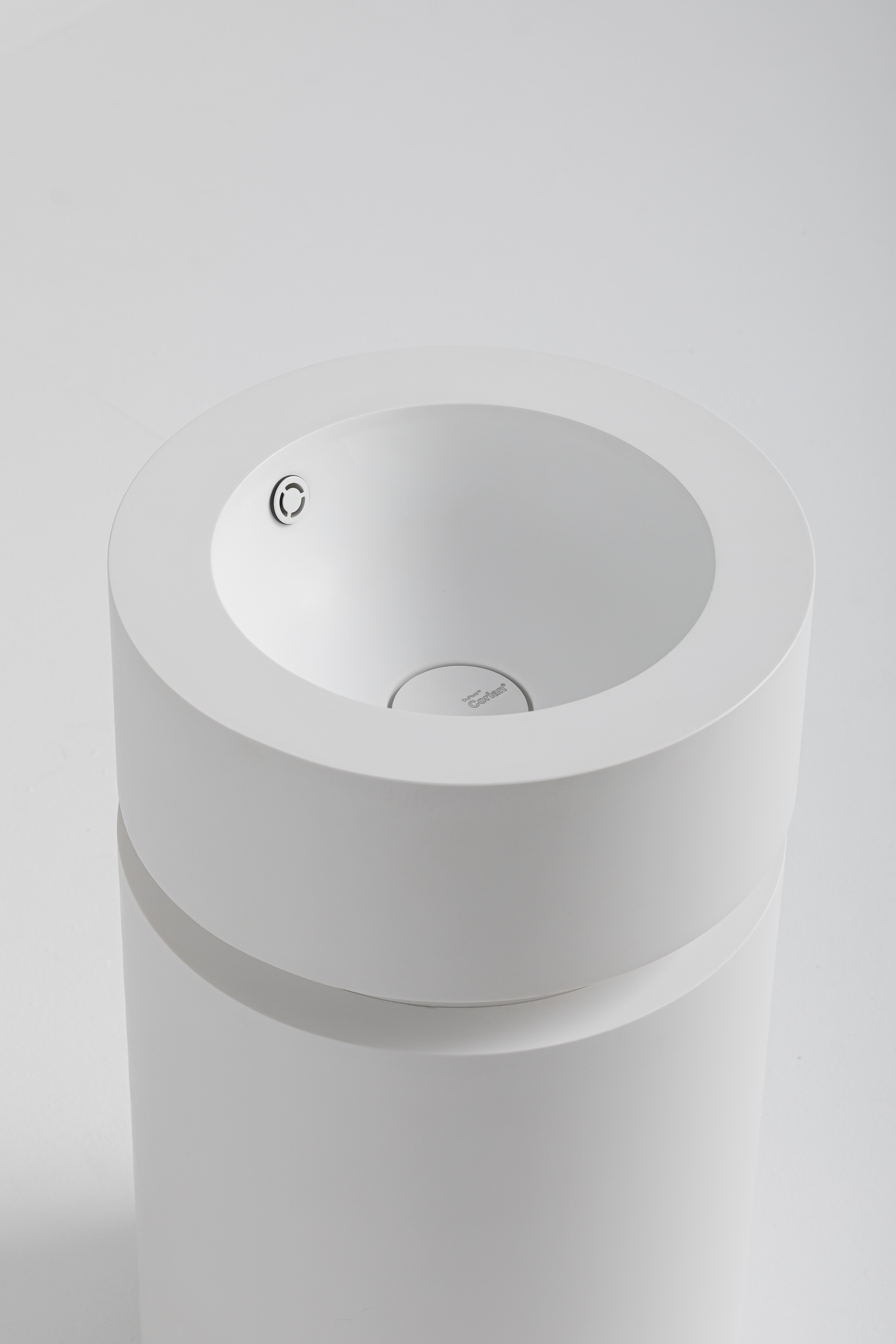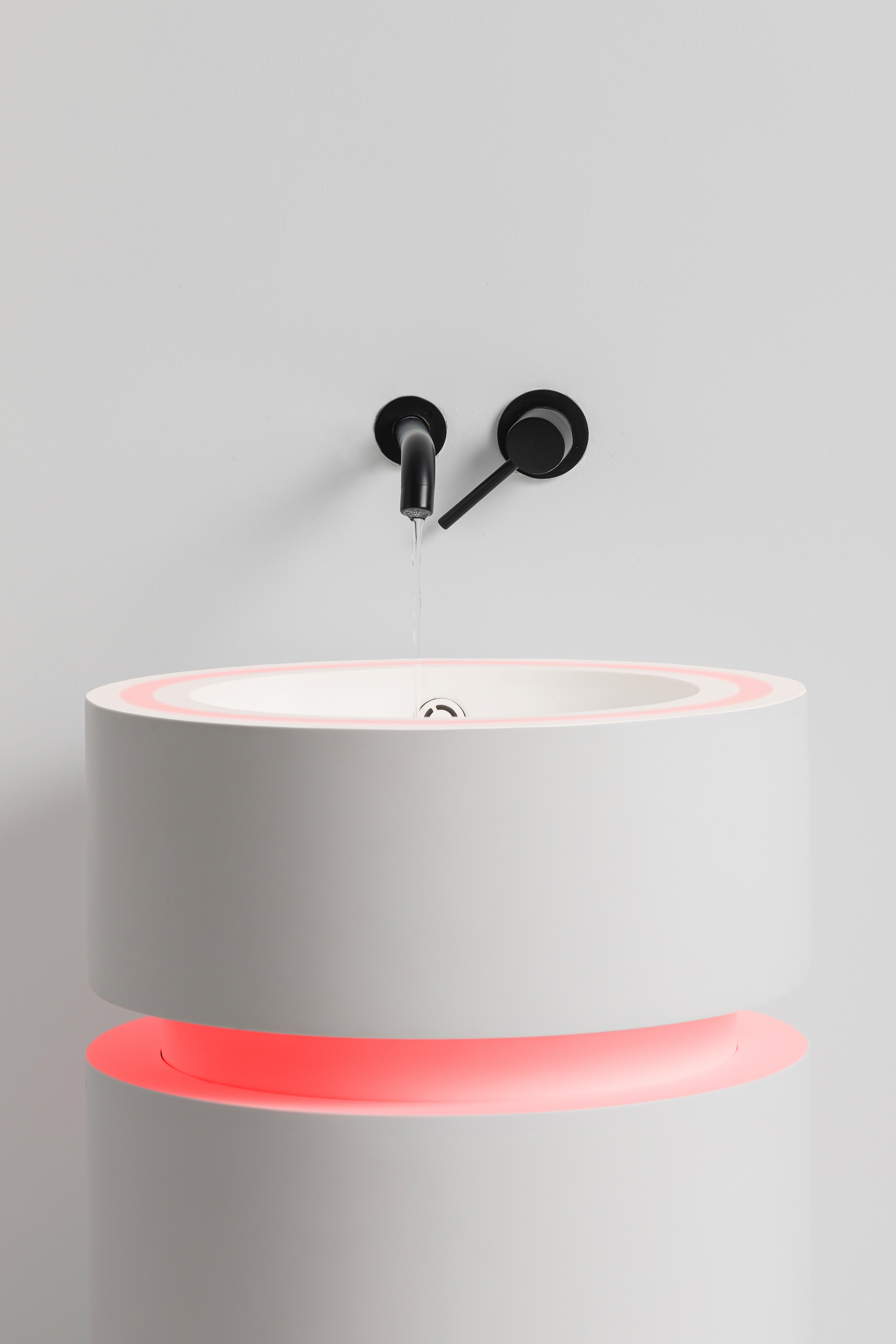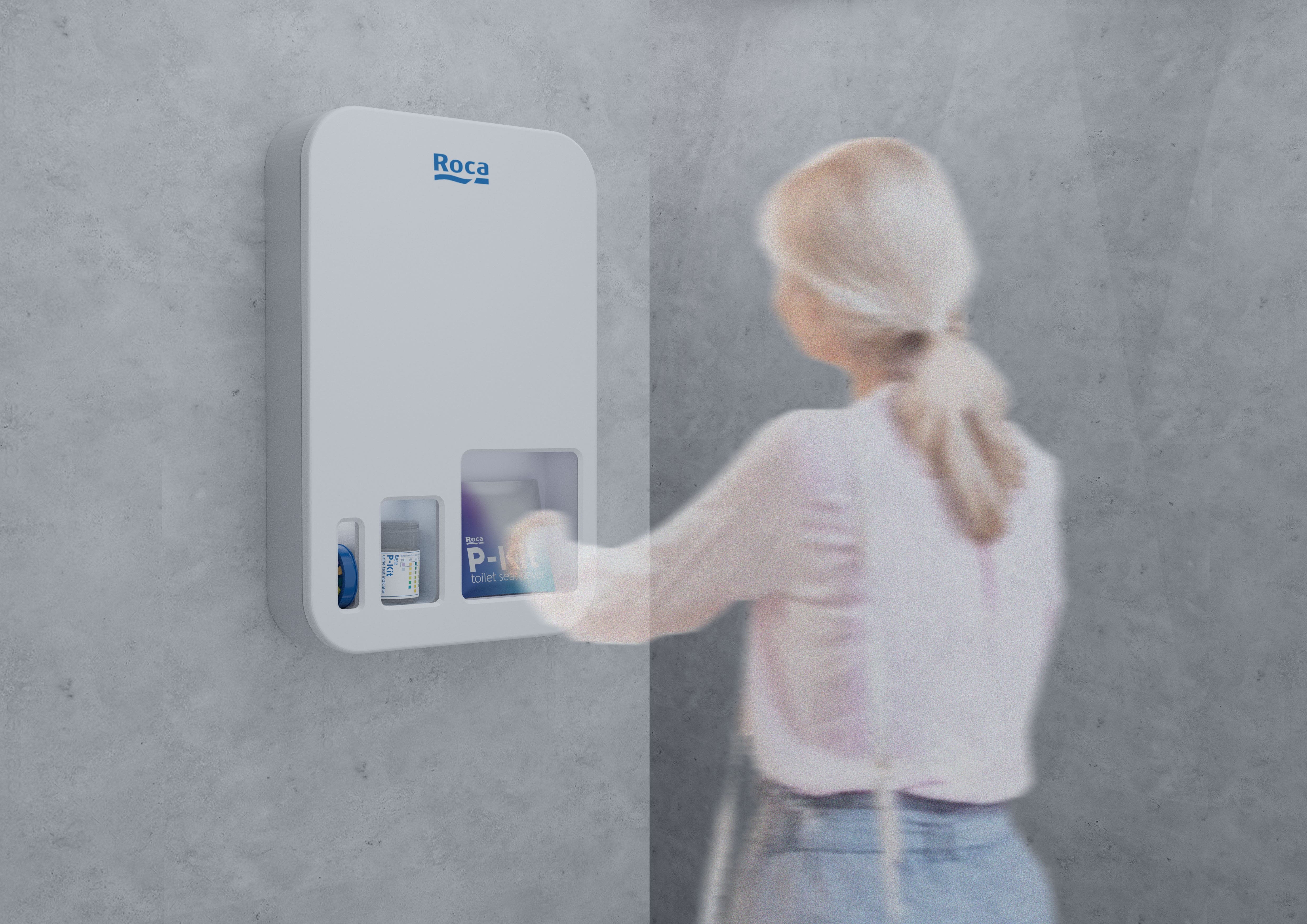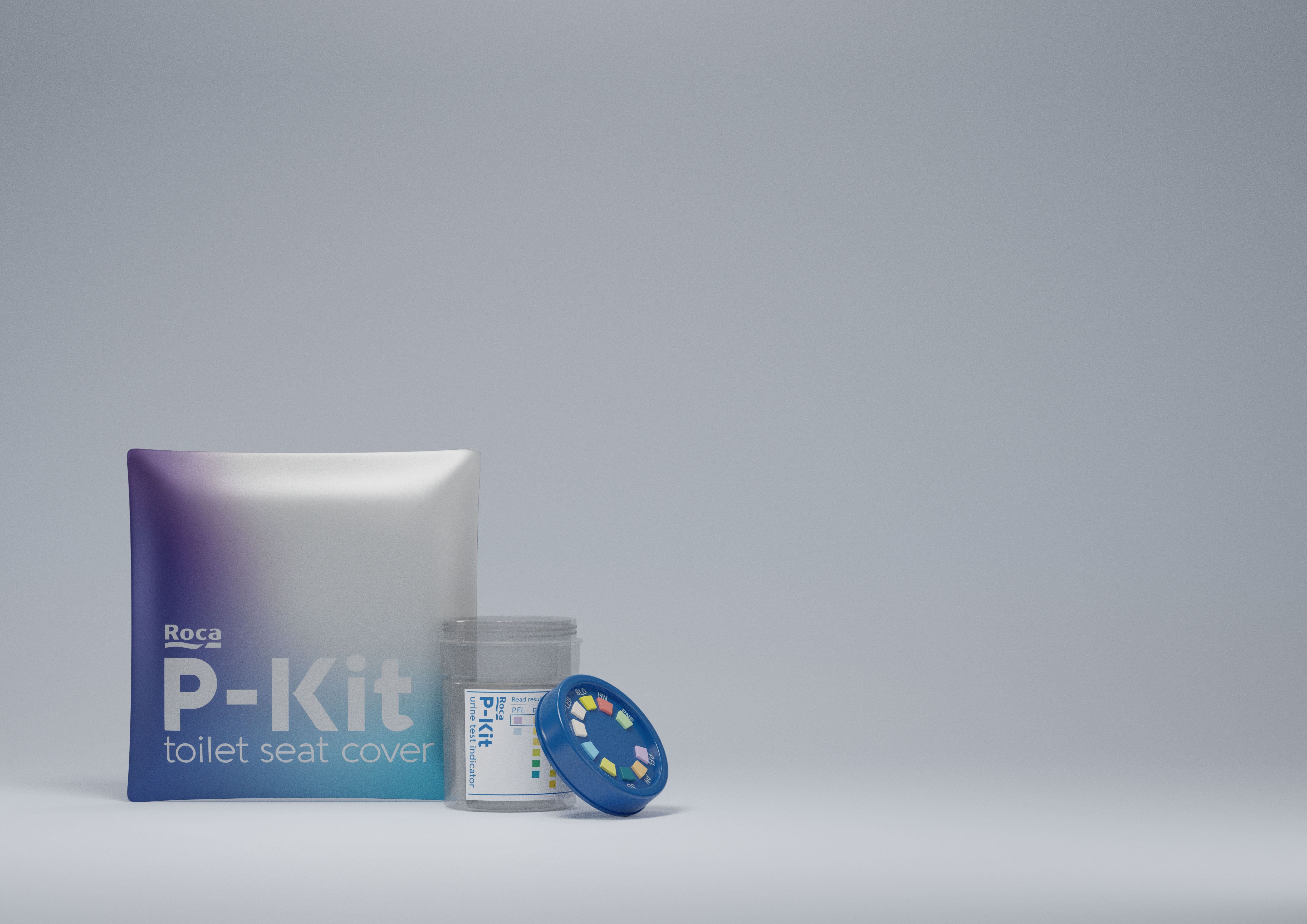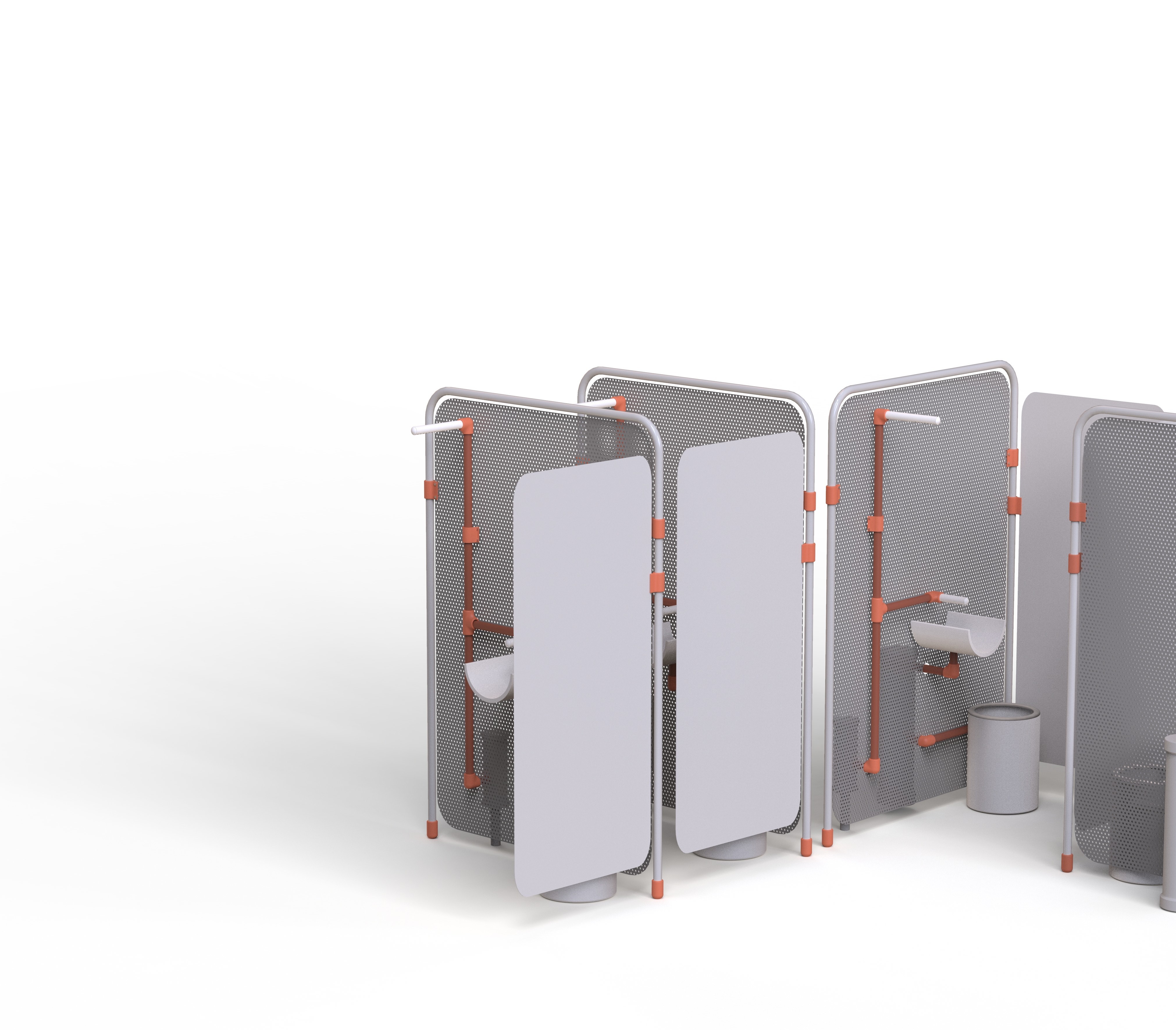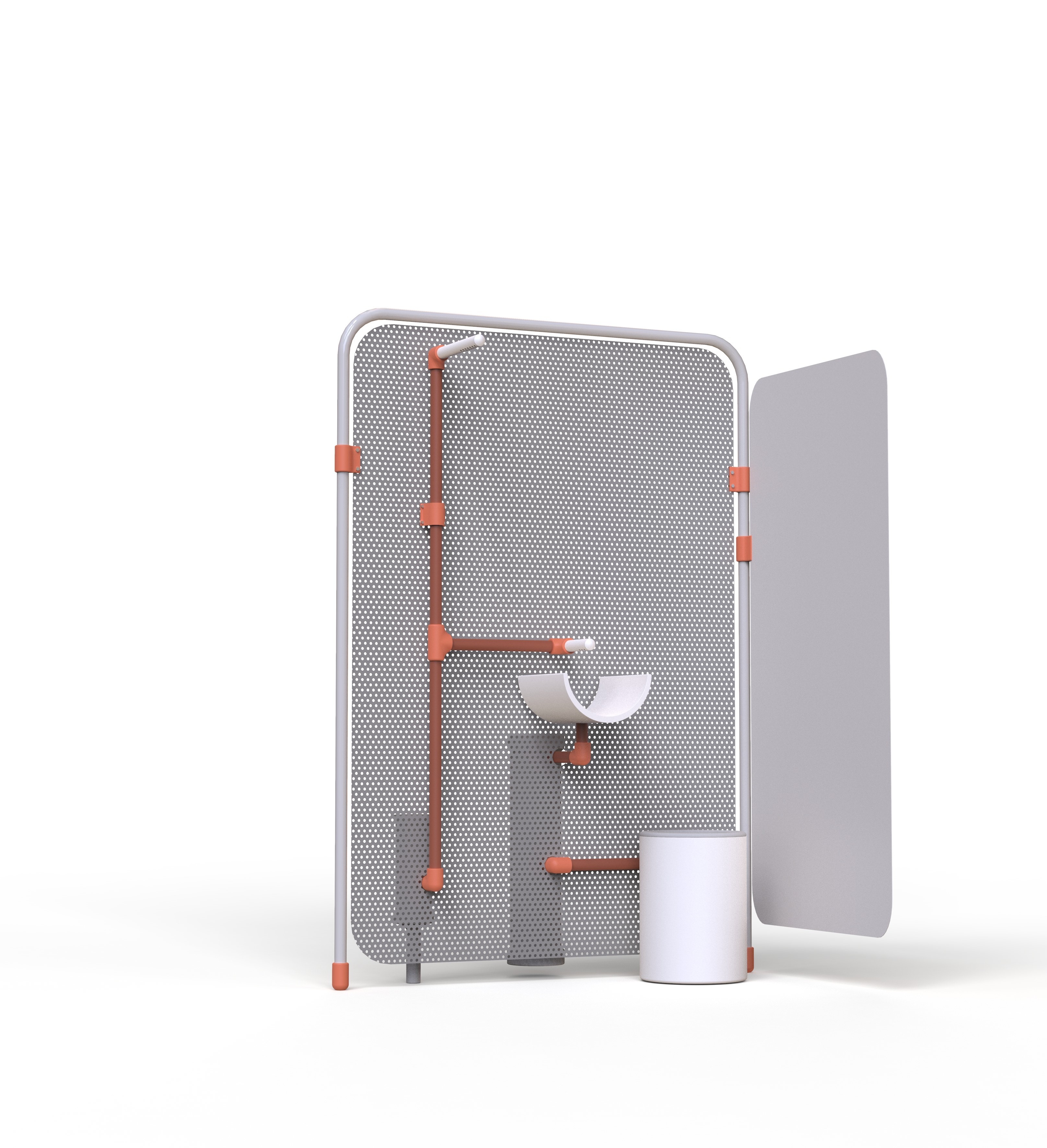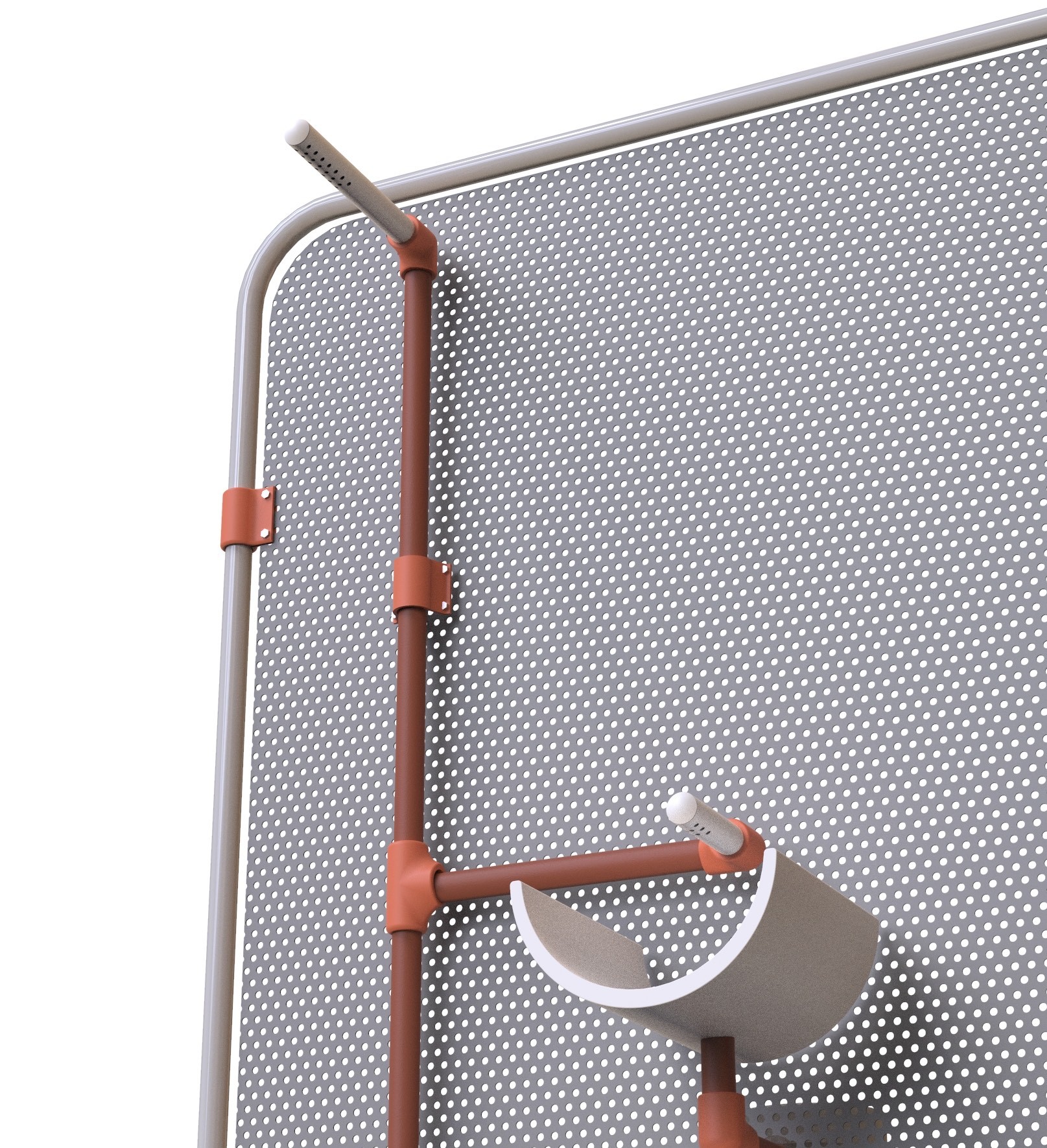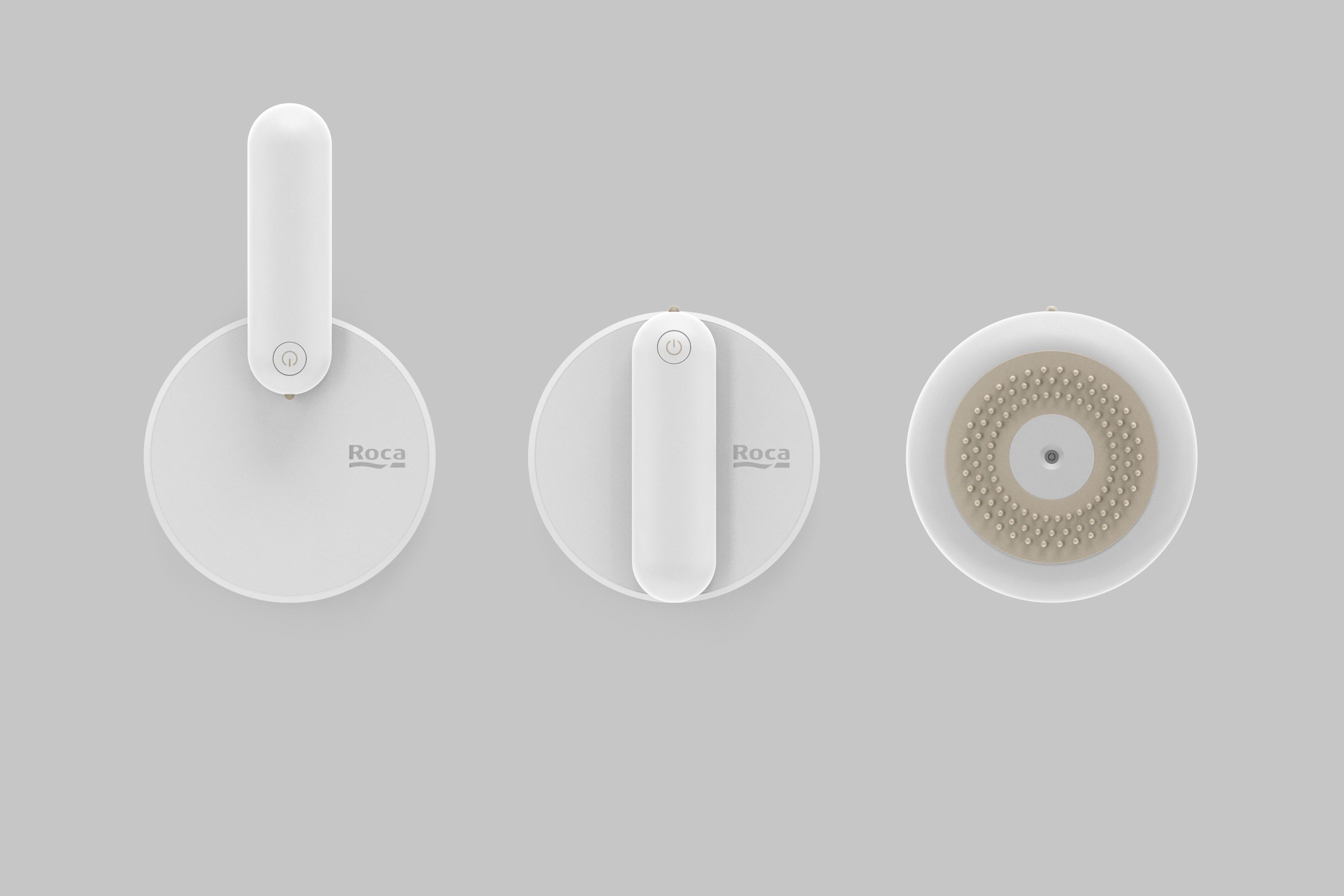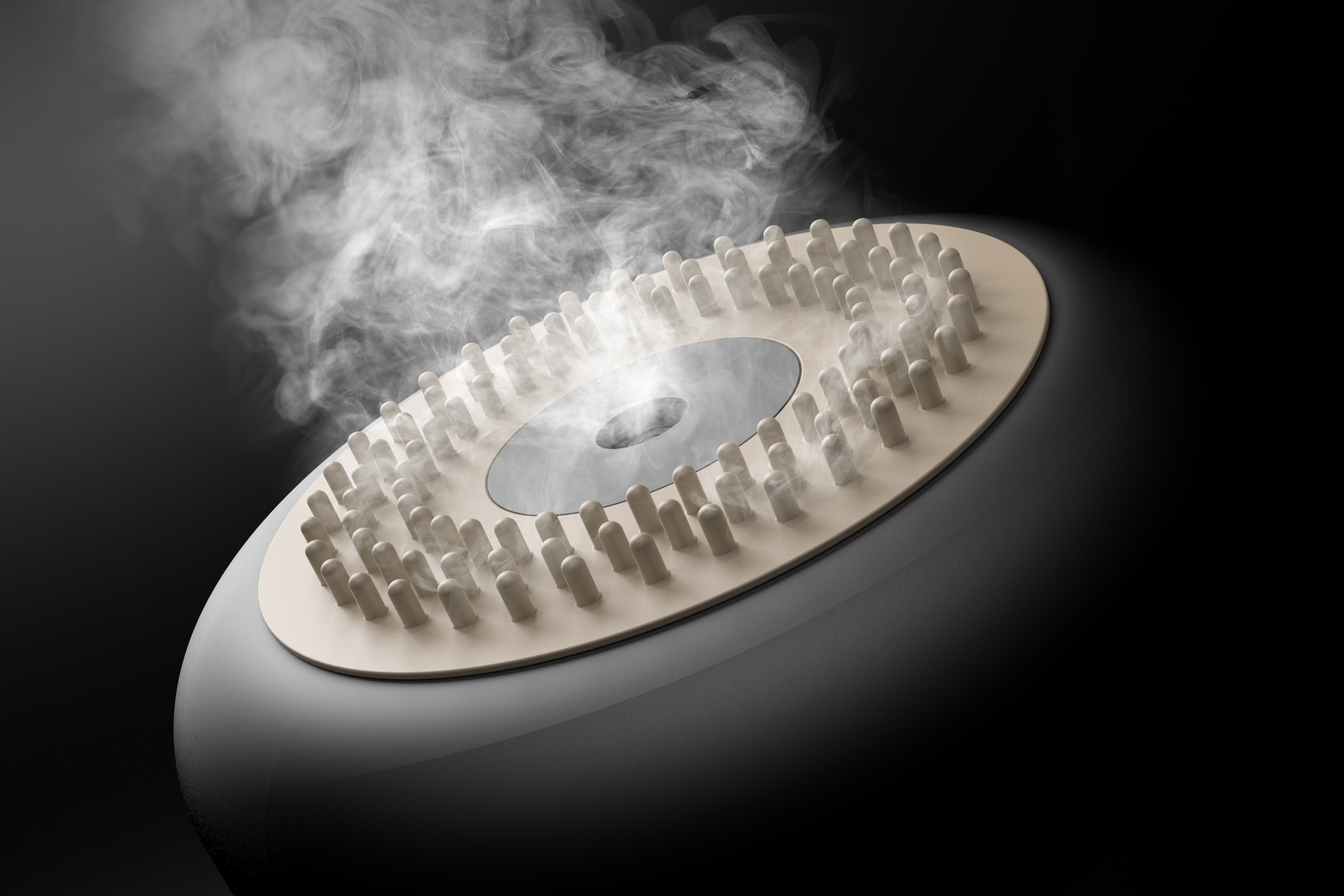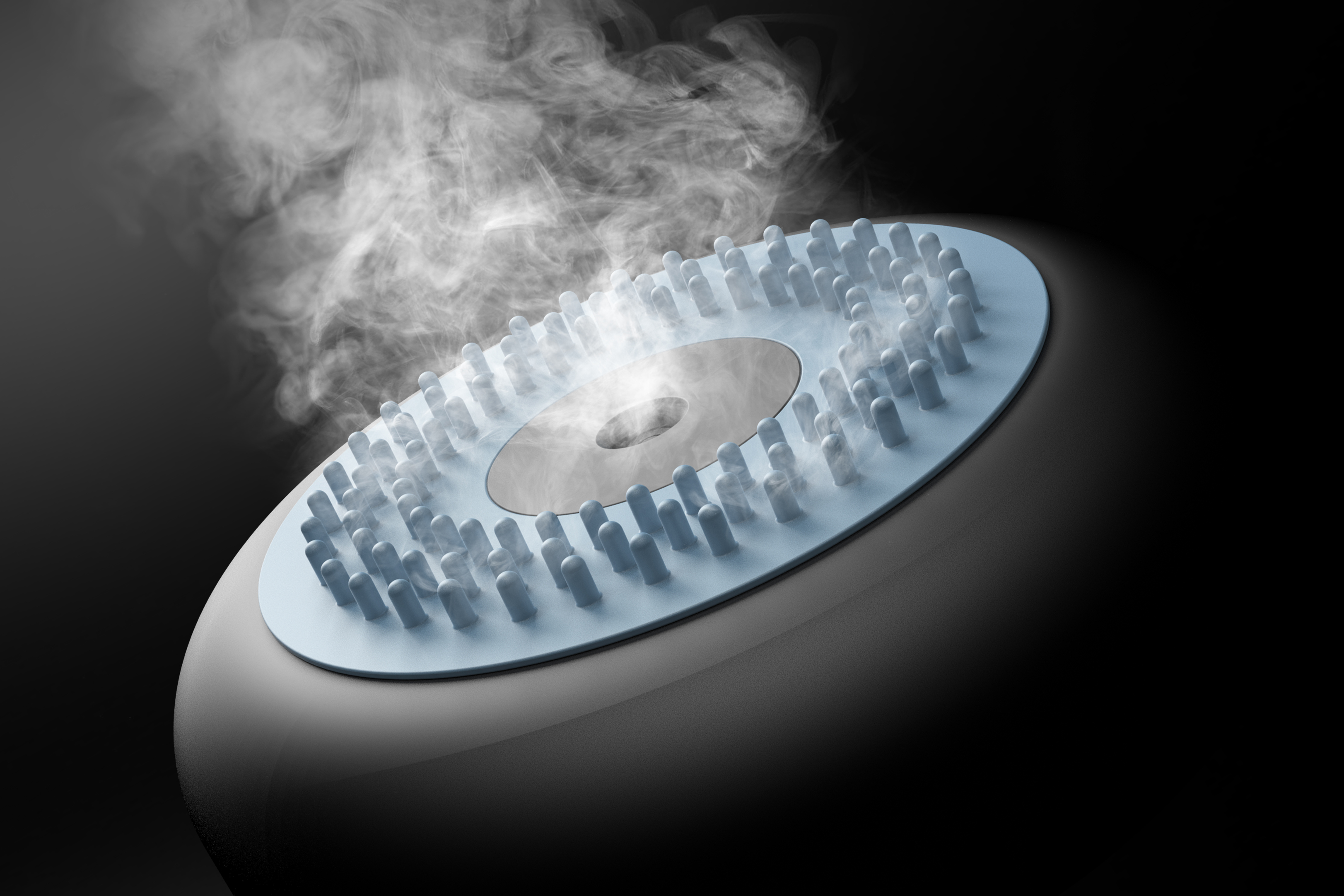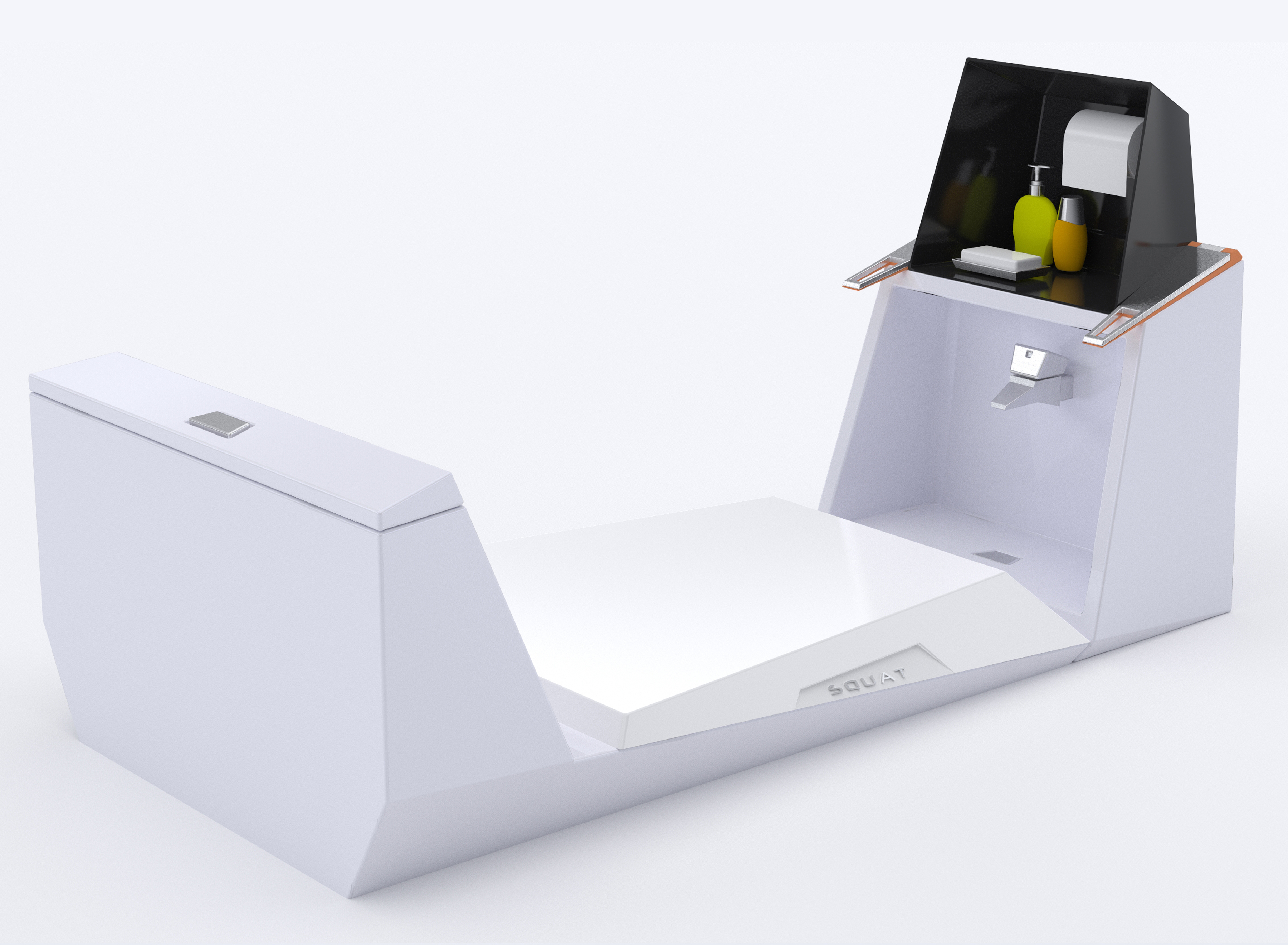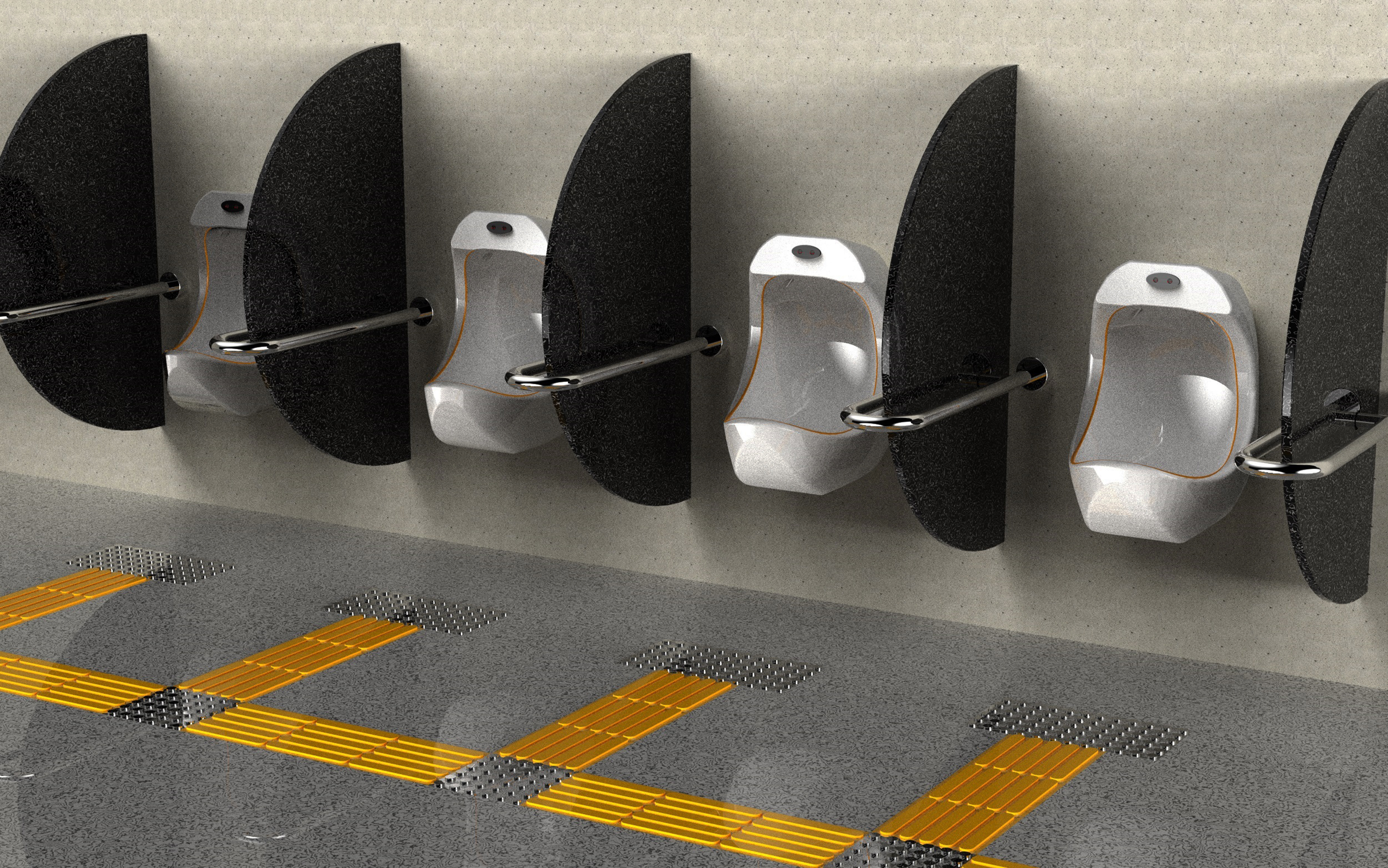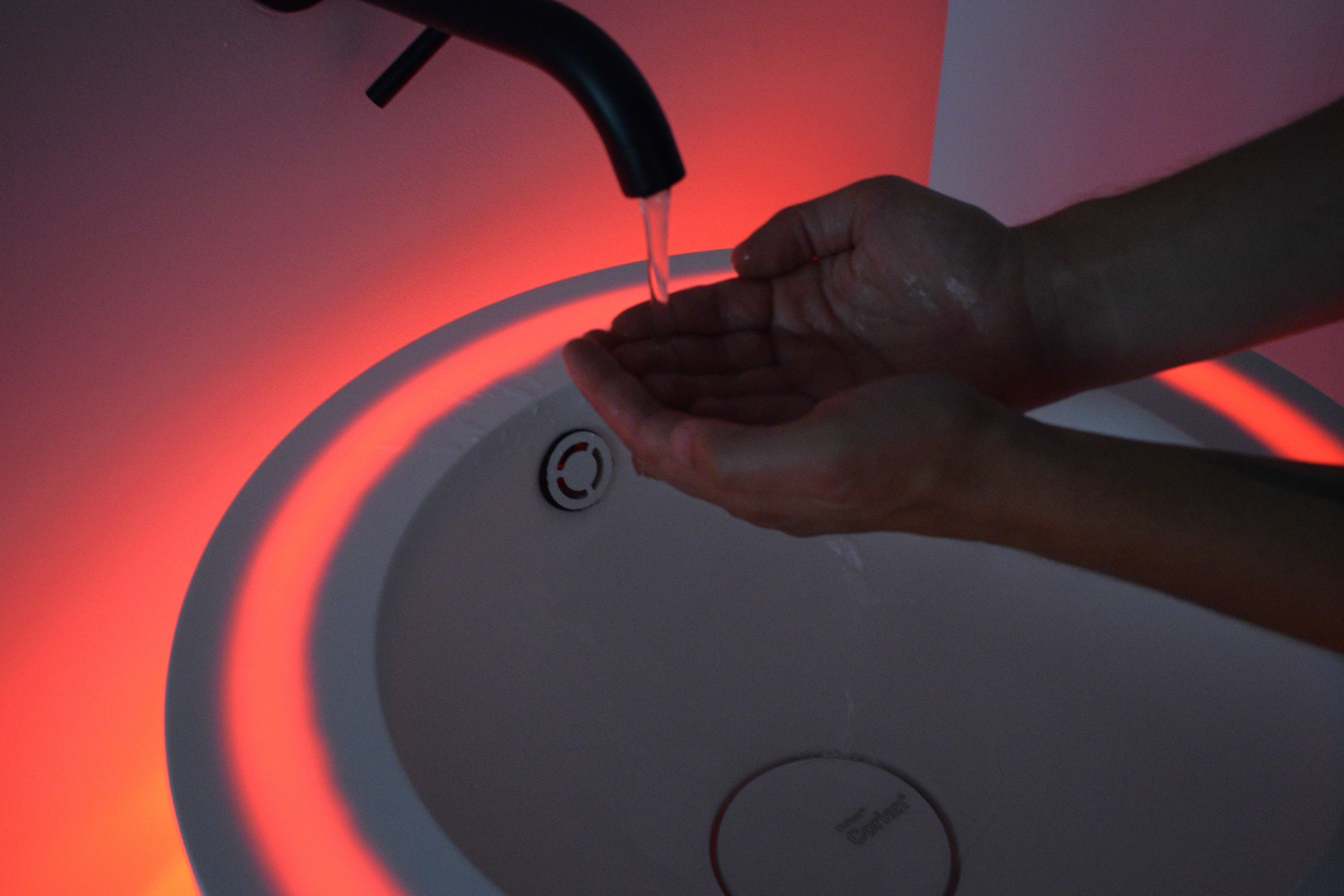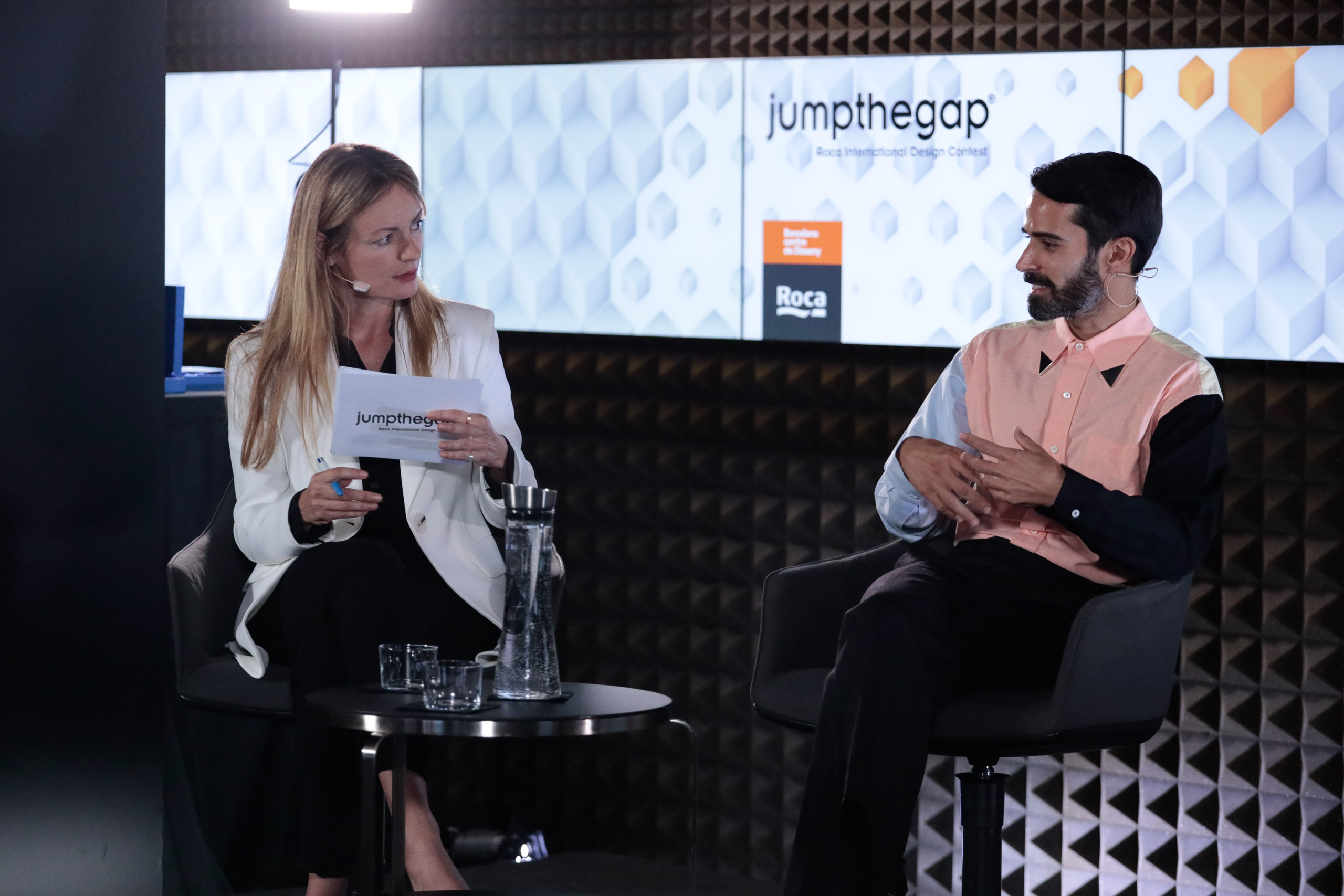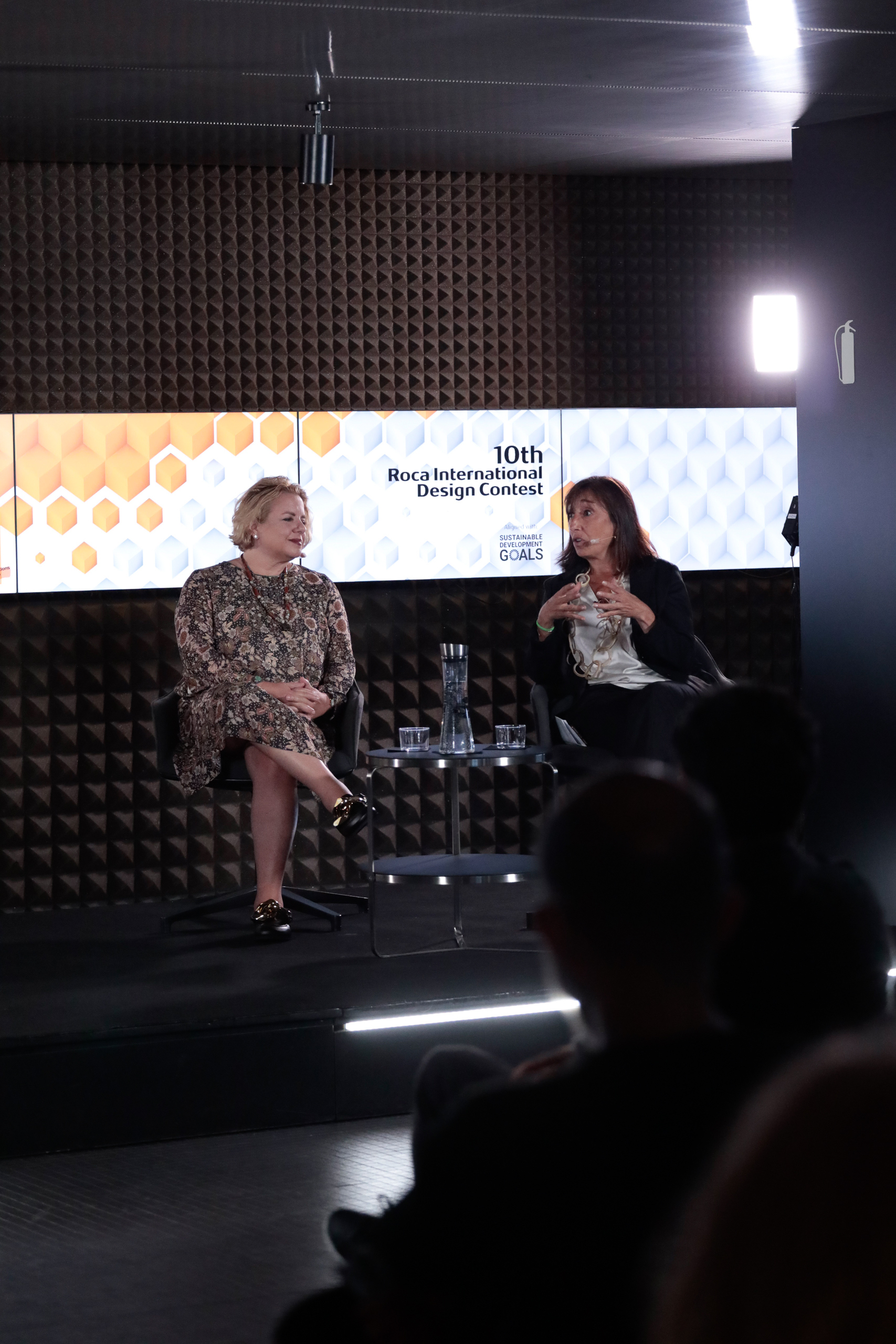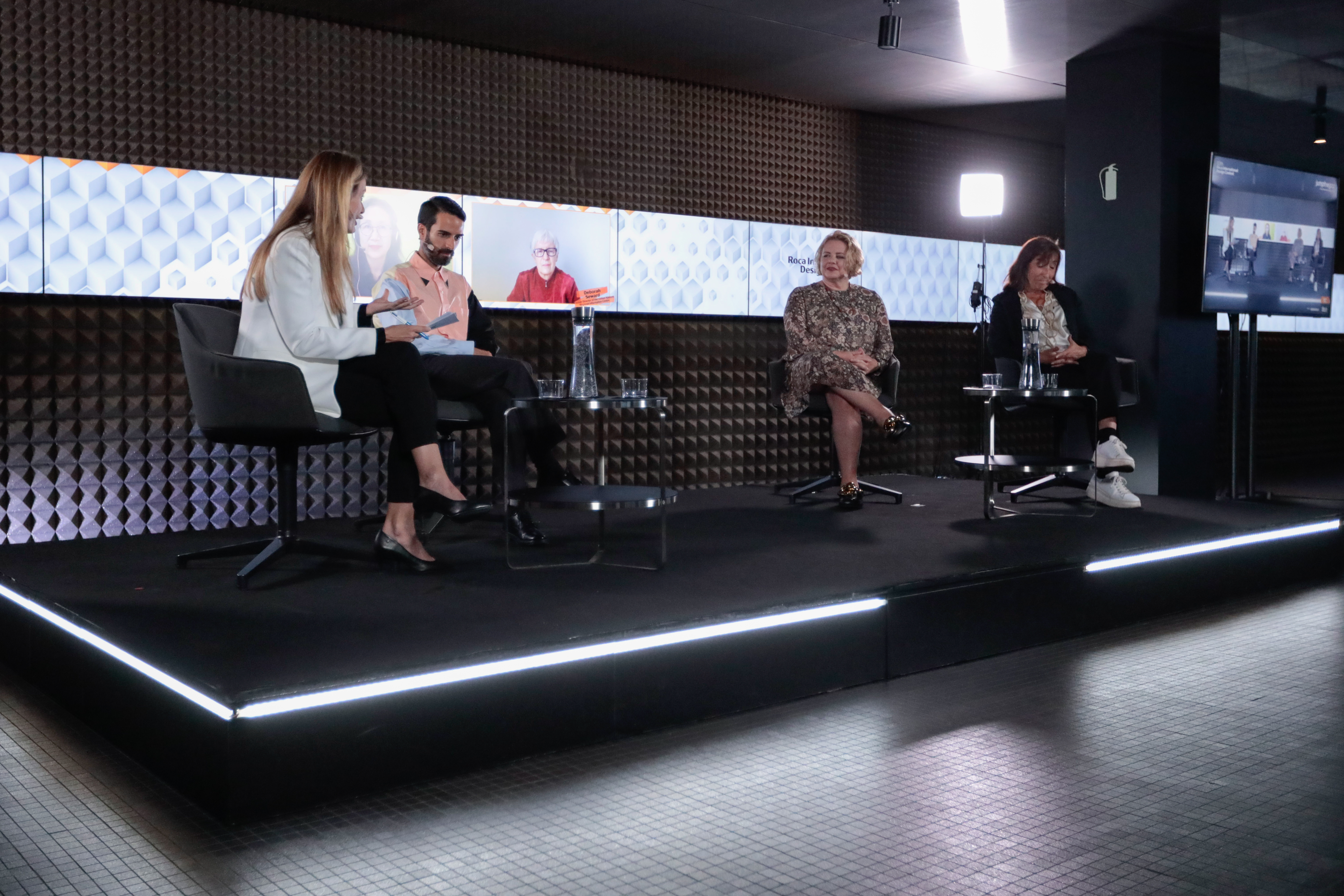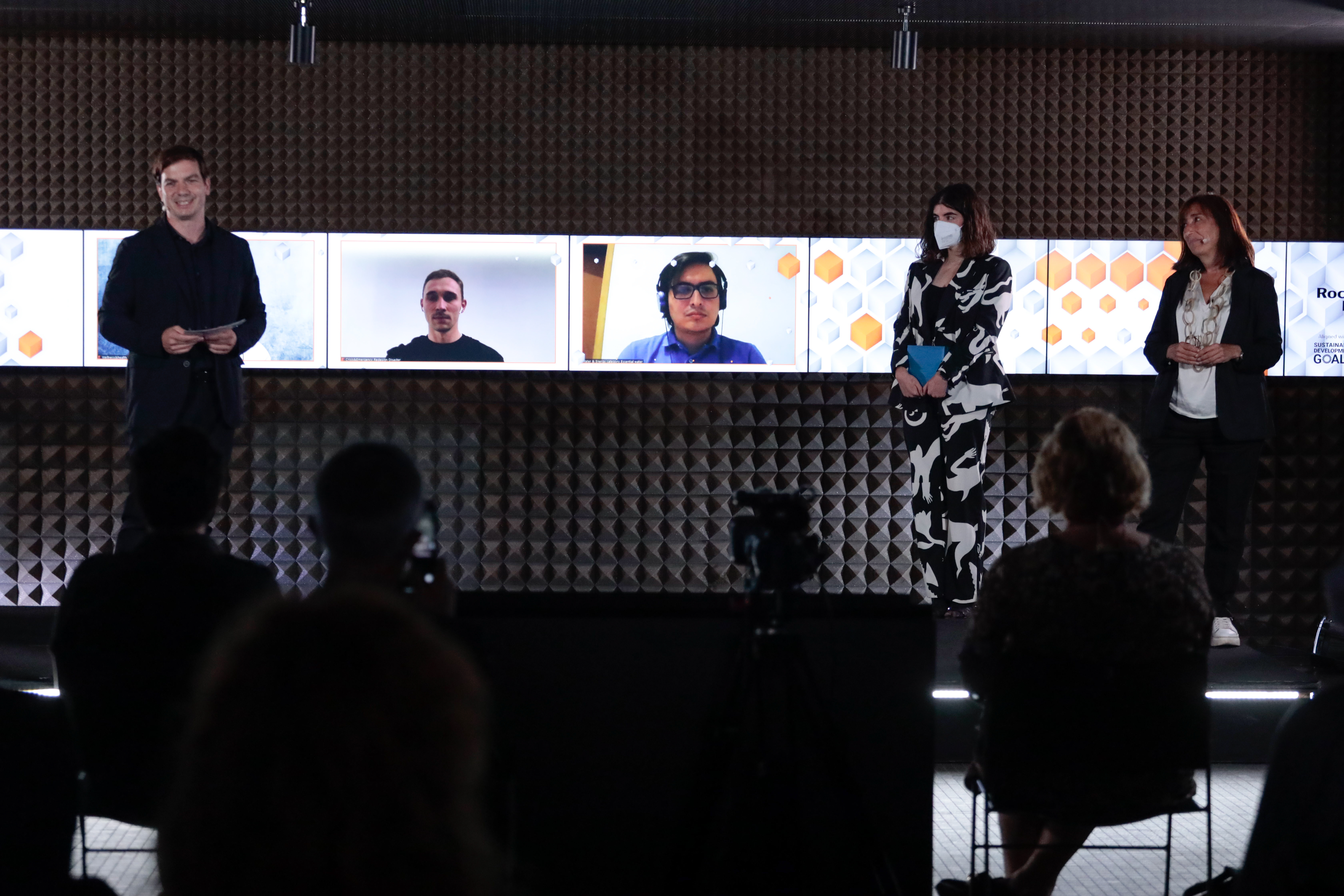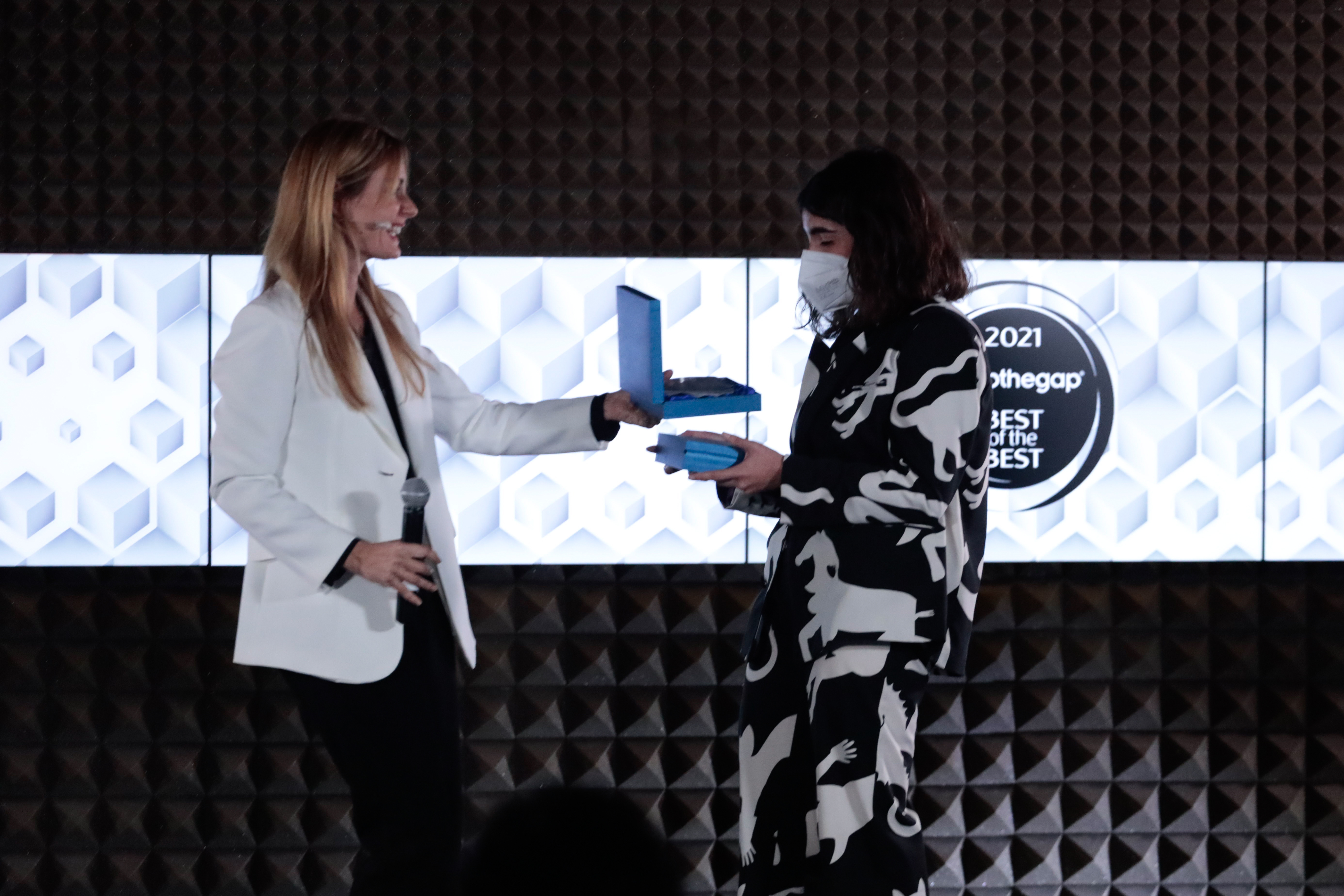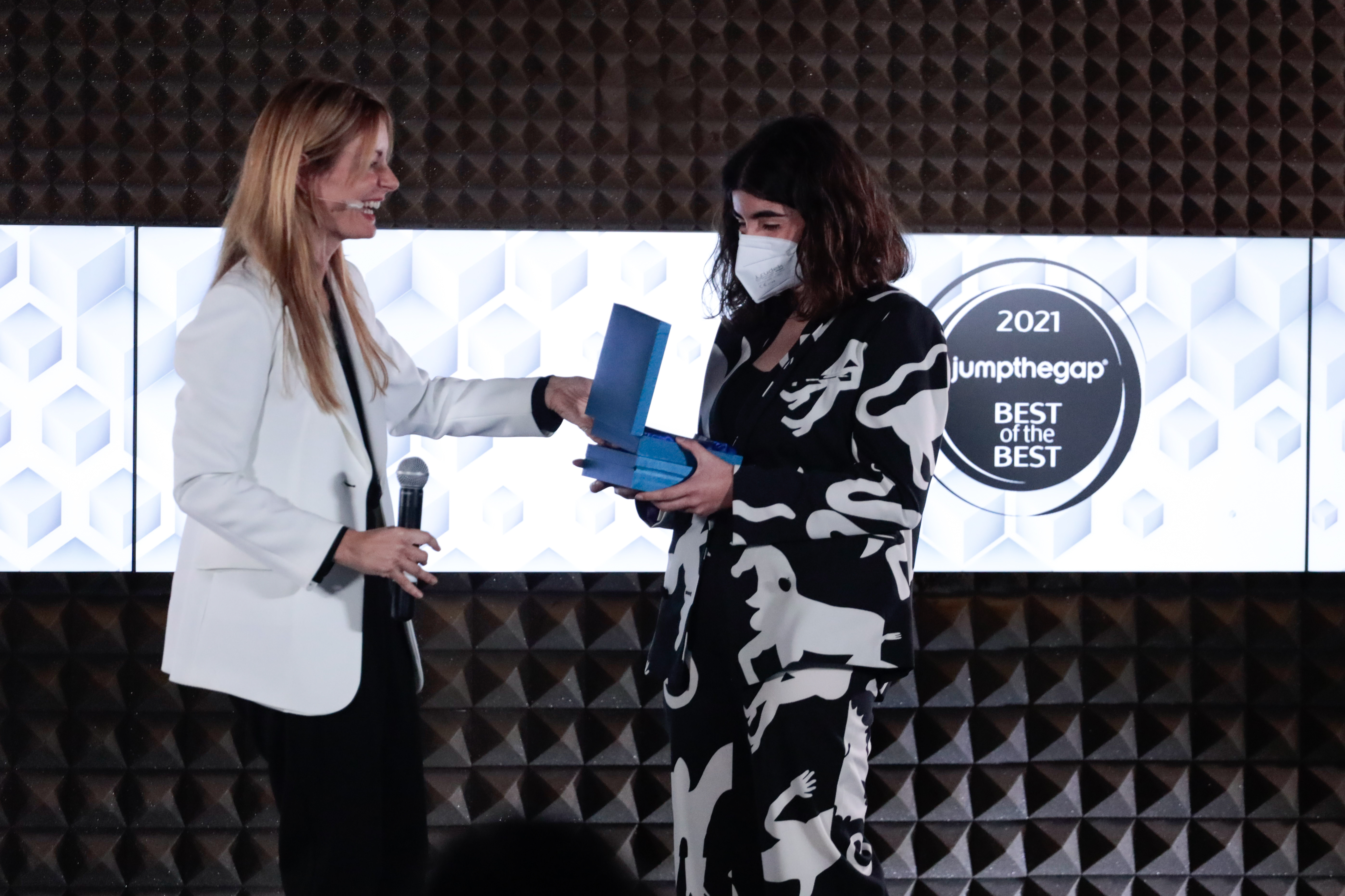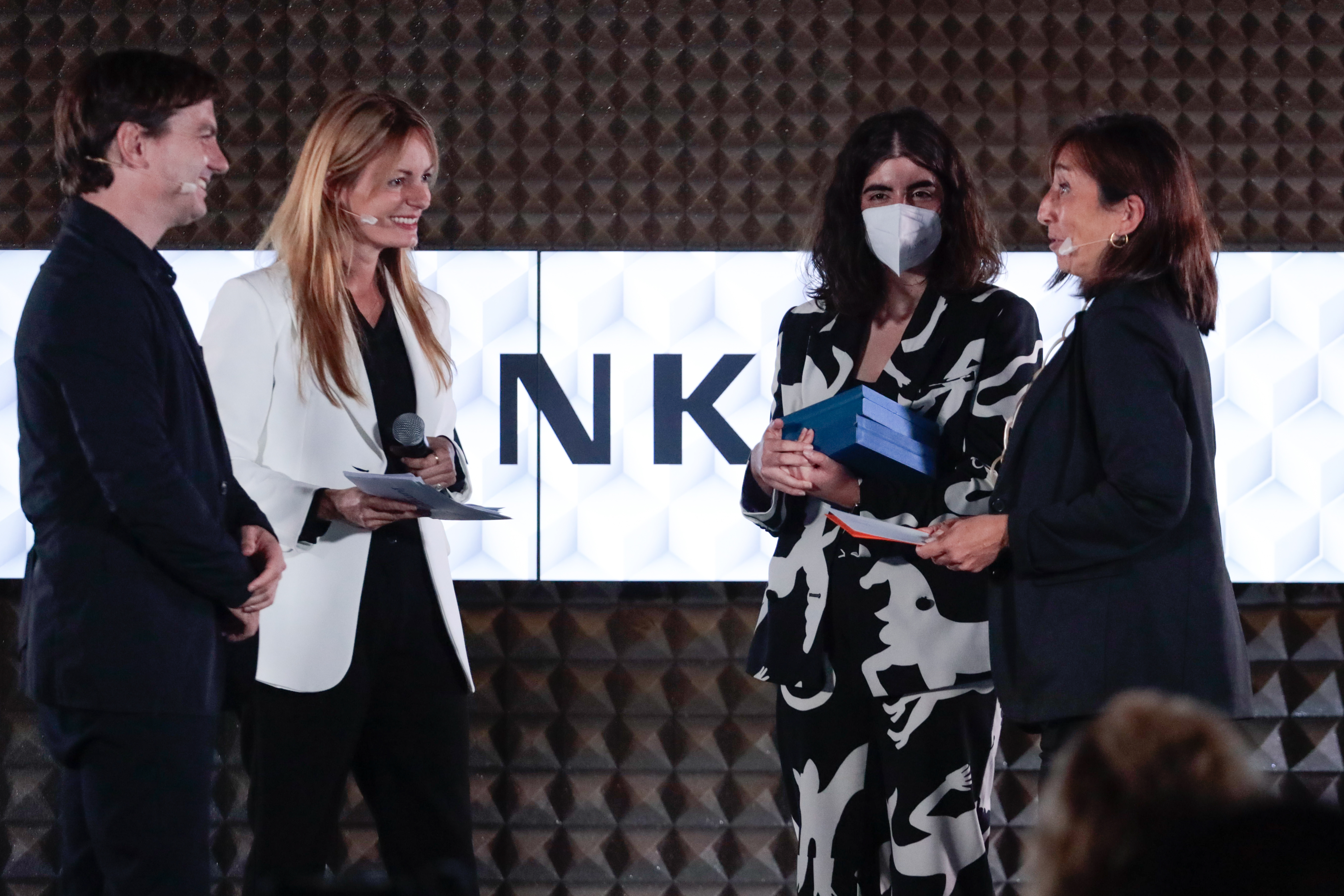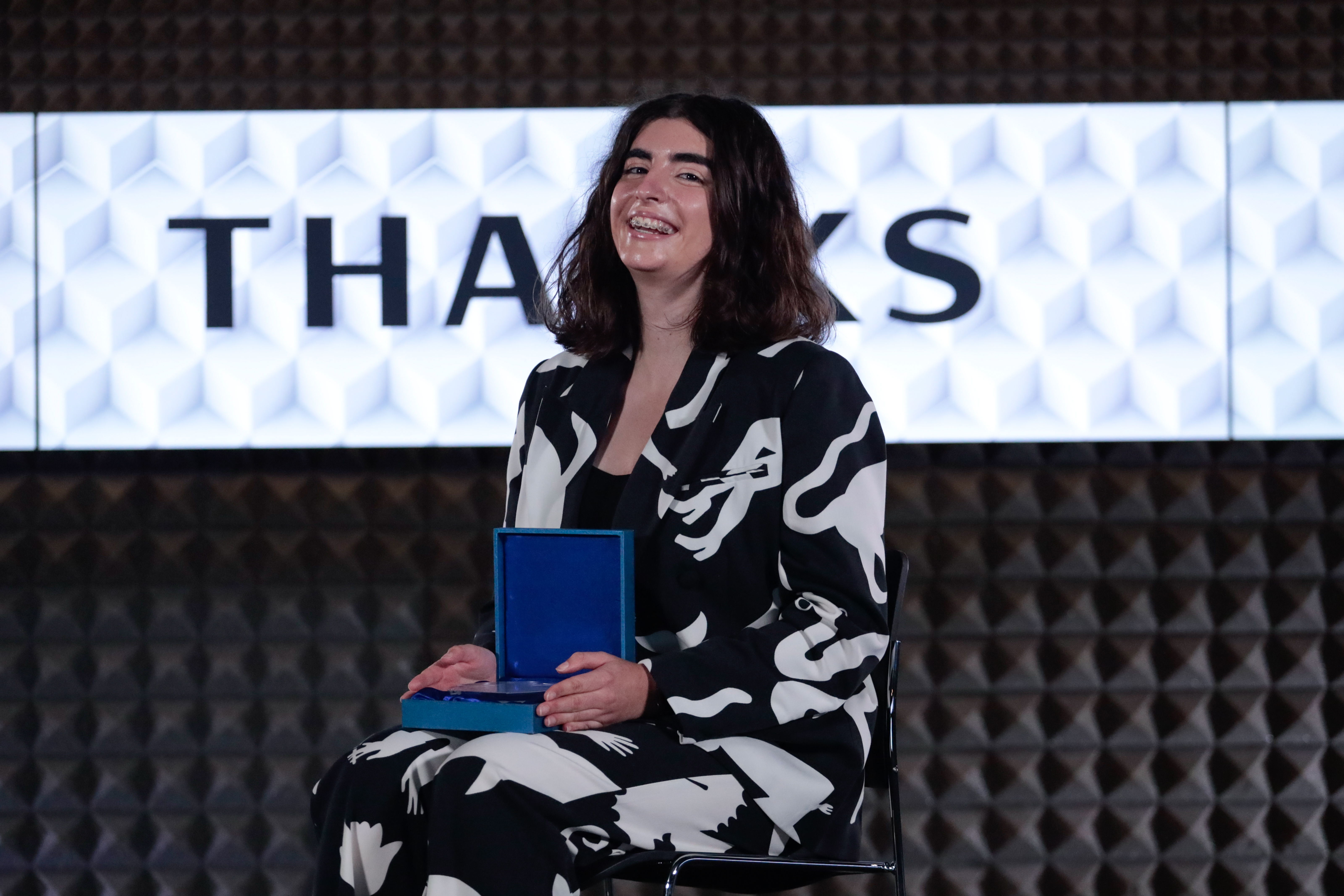The "Best of the Best" jumpthegap® award
The jumpthegap® international design competition recognises projects for bathroom spaces that best contribute to sustainable development
Roca Barcelona Gallery
Start: 11-10-21 | END : 11-10-21
The "Best of the Best" jumpthegap® award
The jumpthegap® international design competition recognises projects for bathroom spaces that best contribute to sustainable development
Roca Barcelona Gallery
-
Start: 11-10-21 | END : 11-10-21
-
Joan Güell, 211-213, 08028 Barcelona
jumpthegap®, the international design competition organised by Roca in collaboration with the BcD-Barcelona Design Centre, has announced the winners of its tenth edition, at a meeting held at Roca Barcelona Gallery.
The competition proposes a new look at the future inspired by the cross-cutting challenges set by the United Nations 2030 Agenda for Sustainable Development in the areas of healthcare and hygiene, preservation of the planet, respect for diversity and equal access to technological advances. In this context, the participants presented technologically viable projects, with the added value of innovation and showing diversity, sustainability, timelessness, and adaptability.
With the aim of encompassing all aspects of sustainability related to the bathroom space, the competition has been divided into four categories: Wellness and Health, [Un]neutral Design, Water and Energy, and Crisis and Emergency. In each category, three prizes were awarded, as well as a final "Best of the Best" award for the best project.
-
Well-being and health:
-
First prize: "P-Kit" by Andre Judiel Parabas (Philippines, Design student at the University of the Philippines - Diliman). Low-cost, biodegradable urine testing kit for use in the bathroom space itself. It can detect symptoms of diseases such as diabetes, urinary infections, urinary tract infections, HIV, malaria or pneumonia.
-
Second prize: "Faucepy" by Valentina Masarella (Argentina, University of Buenos Aires). A faucet that integrates aromatherapy and light therapy for both public and domestic bathrooms.
-
Third prize: "Squat - The Fitness Machine" by Suman Swarup Prusty (India, Suman Swarup). A solution that enhances the advantages of squat toilets with a finish of maximum comfort and hygiene that makes it look like a fitness machine.
-
-
[Un]neutral design:
-
First prize: "Ikigai" by Laia Millan Català (Spain, Elisava university in Barcelona). Smart mirror aimed at helping people with early onset dementia. Using facial recognition technology, it suggests a series of daily routines to the user that contribute to delaying and minimising the effects of this pathology. This project has also been selected as "Best of the Best" in this tenth edition of jumpthegap®.
-
Second prize: "Urinals for Visually Impaired" by Hitesh Kumar (India, National Institute of Design). Comprehensive solution for adapting public bathrooms to the needs of the visually impaired.
-
Third prize: "Mist brush" by Lukasz Paszkowski (Poland, Lukasz Paszkowski Design). Wet brush with nebuliser and aroma diffuser for the personal hygiene of the elderly and/or people with disabilities.
-
-
Water and energy:
-
First prize: “Essential water (dual system)” by Jimmy Apollo (Italy). Project to reduce the consumption of water used for washing clothes, based on the use of excess humidity from the washed clothes and the laundry room environment, as well as the recycling of the grey water used in the washing process.
-
Second prize: "Intelligent washbasin design with water consumption level signalling" by Kamila Pawlak (Poland, Szczecin Art Academy). Design of a washbasin to reduce water consumption by means of backlit signage.
-
Third prize: "Kick" by Anil Choudhary (India, ARCHDUX). Mobile personal hygiene column with the option of integrating a grey water treatment and recycling system.
-
-
Crisis and emergency:
-
First prize: “Redesign disaster” by Filip Zielinski (Poland, Delft University of Technology). Housing module for African communities with difficulties in accessing water, which integrates a roof with a system for purifying condensed water and rainwater using energy produced by solar panels.
-
Second prize: "Rapibath" by Caetano Nascimento Portal (Argentina, UNA - Universidad Nacional de las Artes). Easy to install and maintain modular toilet for immediate response to hygiene and sanitation needs in emergency situations (refugee camps, natural disasters, etc.).
-
Third prize: "ELAWASH (Handwashing in Rural Ethiopia)" by Rafal Zajkowski (UK). Handwashing station designed for rural Ethiopia, using local materials (wood, bamboo and steel) and mechanically operated to promote daily hygiene.
-
All the projects submitted were assessed by a jury of renowned professionals, led by Japanese architect and 2014 Pritzker Prize winner Shigeru Ban (jury president), and also including Somi Kim, senior director of healthcare solutions at Johnson & Johnson (J&J) Design; Paul Priestman, designer, president of PriestmanGoode; Andrea Trimarchi and Simone Farresin, founders of the design studio Formafantasma; Deborah Seward, Director of the United Nations Regional Information Centre in Belgium; Mariana Amatullo, President of the Cumulus International Association of Universities and Colleges of Art, Design and Media; Isabel Roig, Executive Director of BcD Barcelona Design Centre and President of World Design Weeks; and Marc Viardot, Roca Group Corporate Marketing and Design Director.
Hybrid event, attended by the jury and all the finalists
The ceremony was held as a hybrid event (online/on-site), within the framework of Barcelona Design Week's City Festival.
The members of the jury attended to the event, both in person at the Roca Barcelona Gallery and virtually, as they were unable to travel to Barcelona due to current restrictions.
The chairman of the jury, Shigeru Ban, attended virtually to congratulate the participants and express his appreciation for the high average quality of the entries submitted to the competition.
Round table: the contribution of design to sustainable development
The awards ceremony was preceded by a round table discussion with an international panel of experts made up of a selection of members of the jury for this edition of the competition: Andrea Trimarchi, Mariana Amatullo, Somi Kim, Deborah Seward and Isabel Roig.
Under the title “Design, the driving force for a more sustainable future”, the round table discussed the contribution of design to the new challenges of sustainable development, the evolution of the role of designers in order to give anwers or the role of academic institutions in this new environment.











